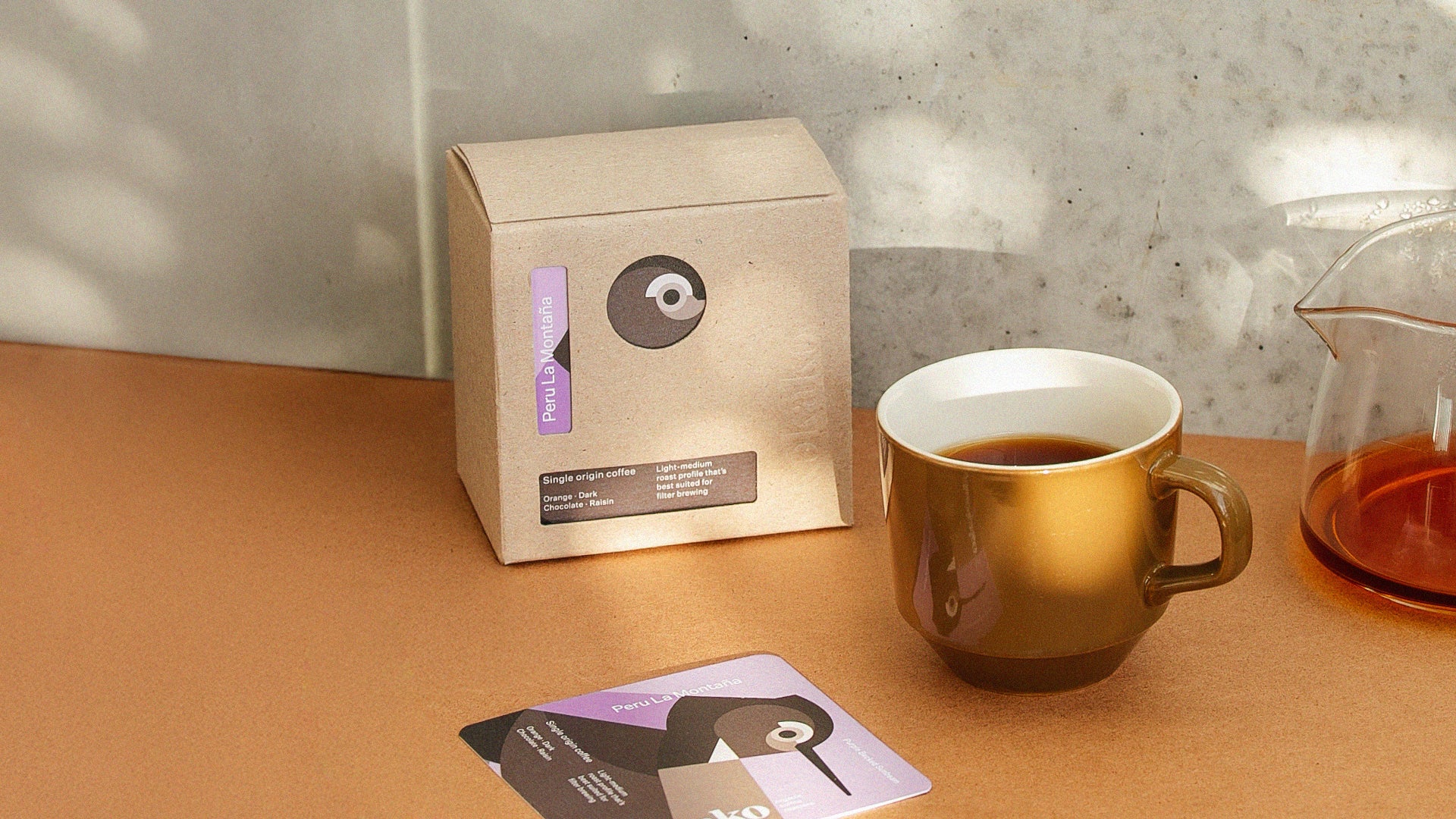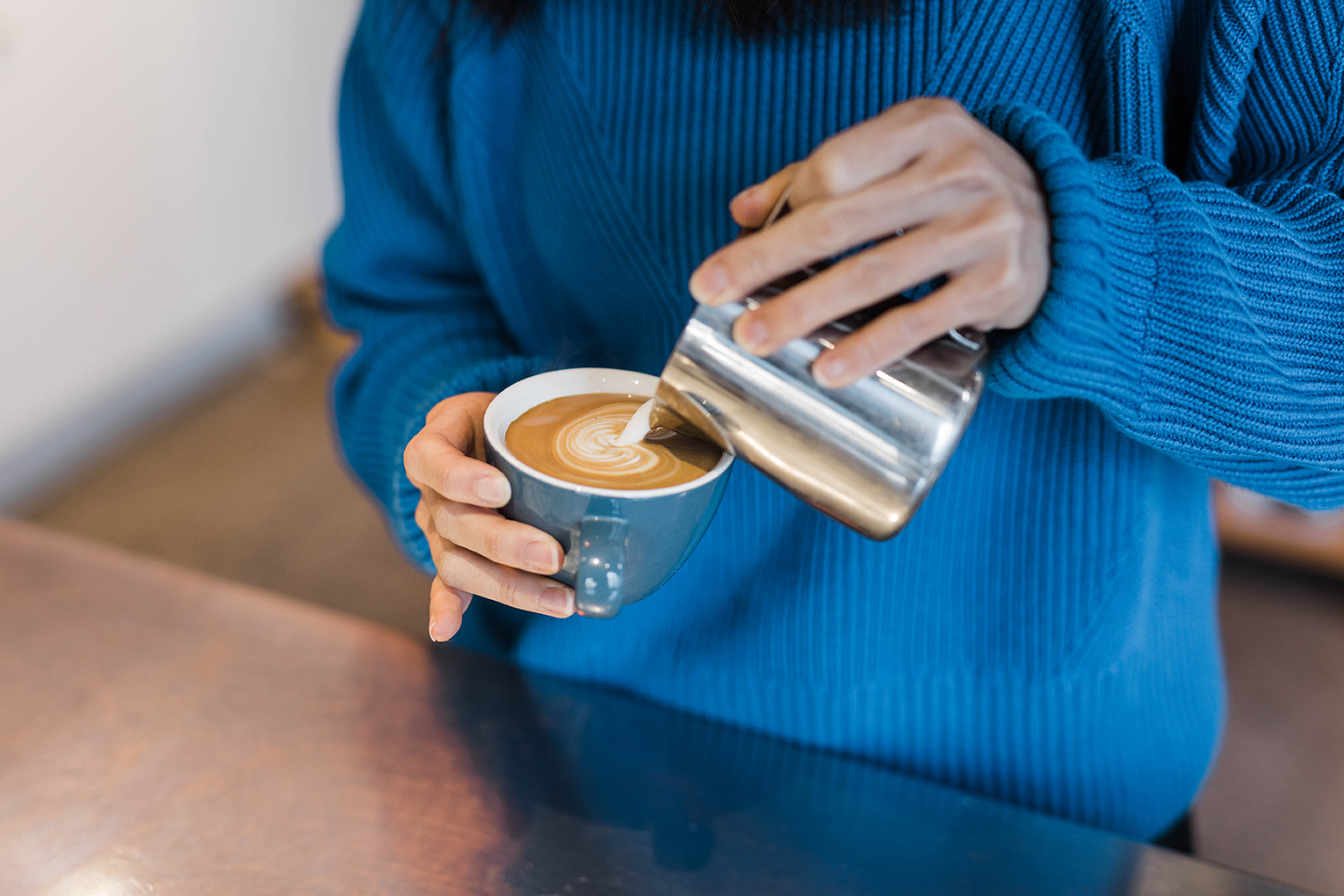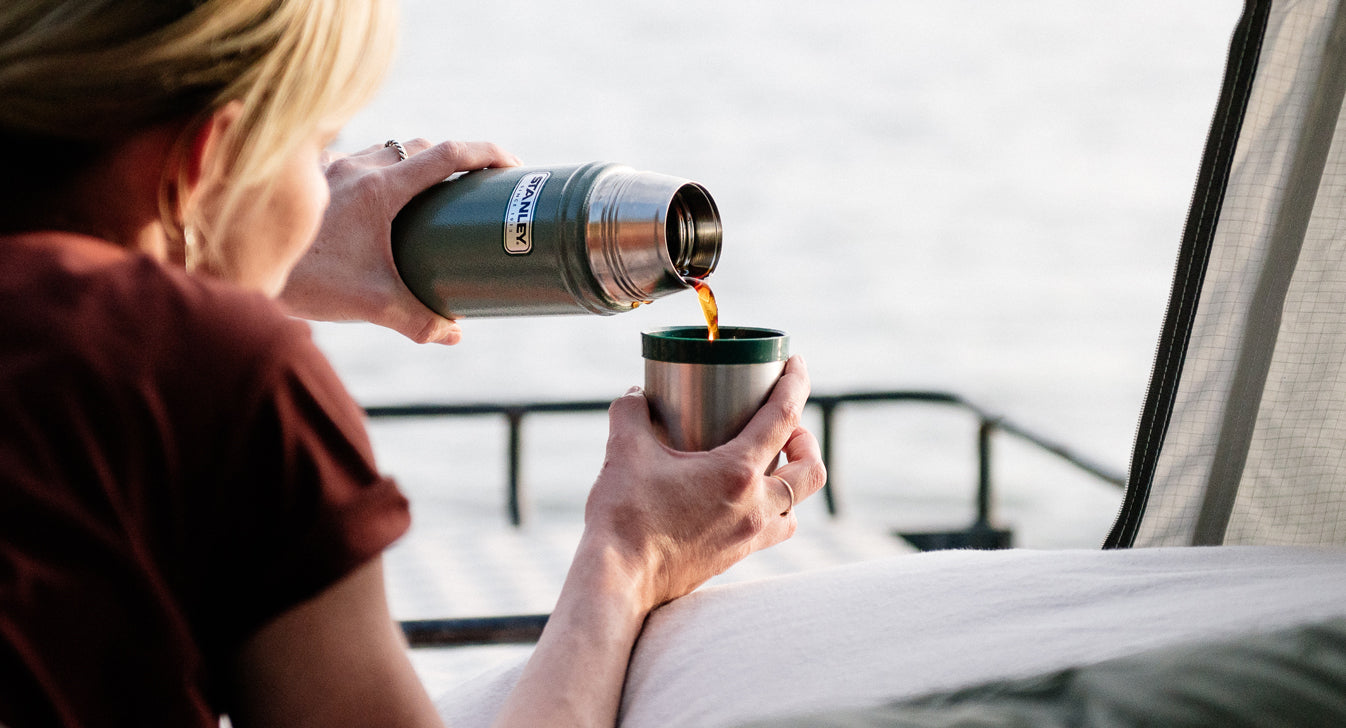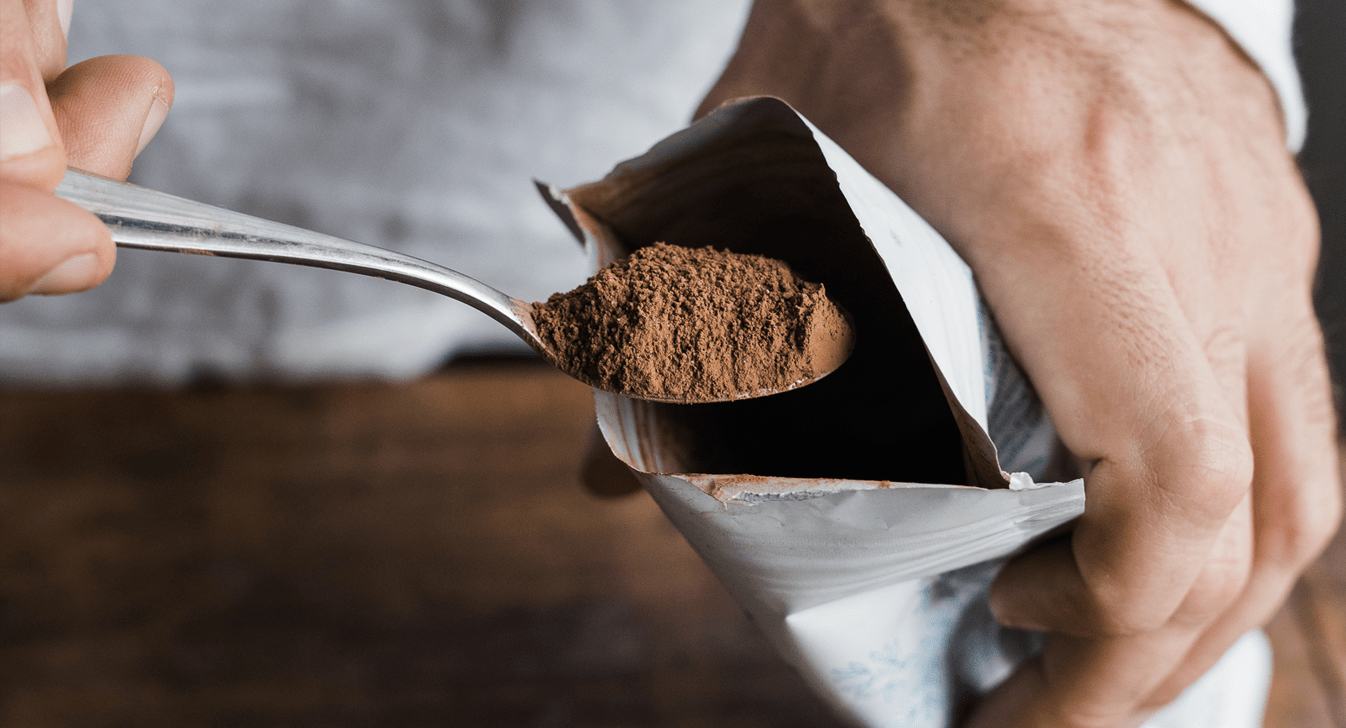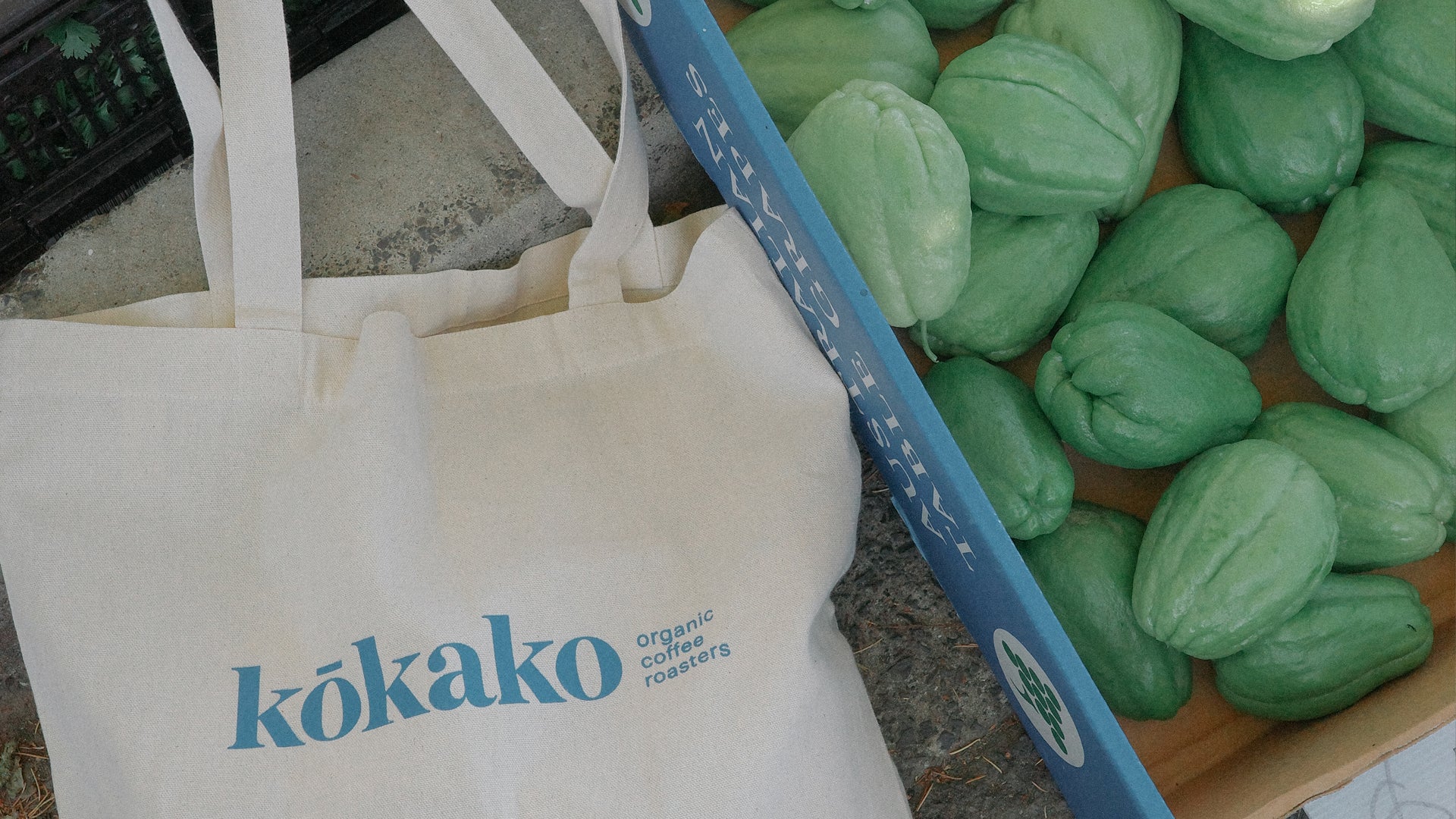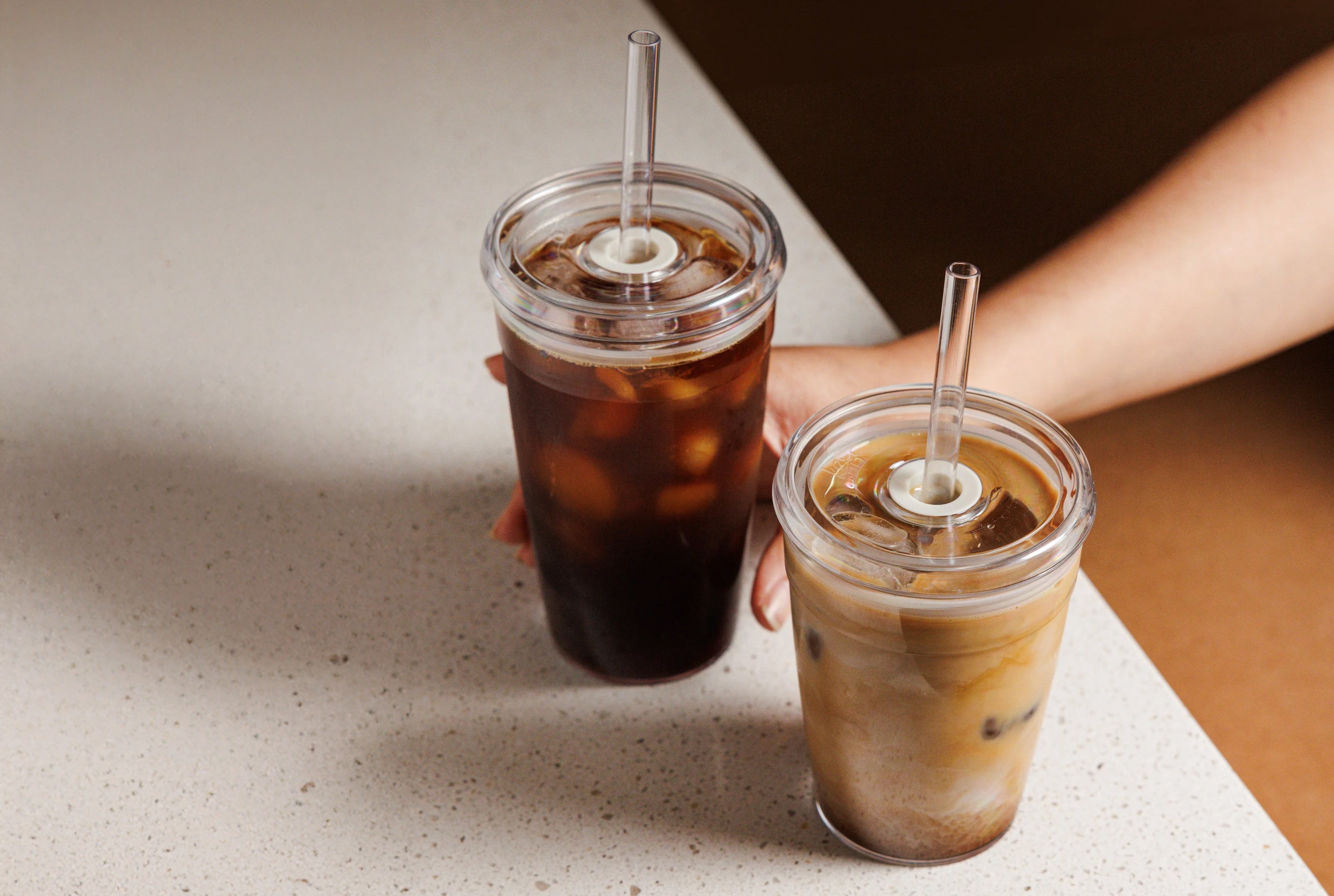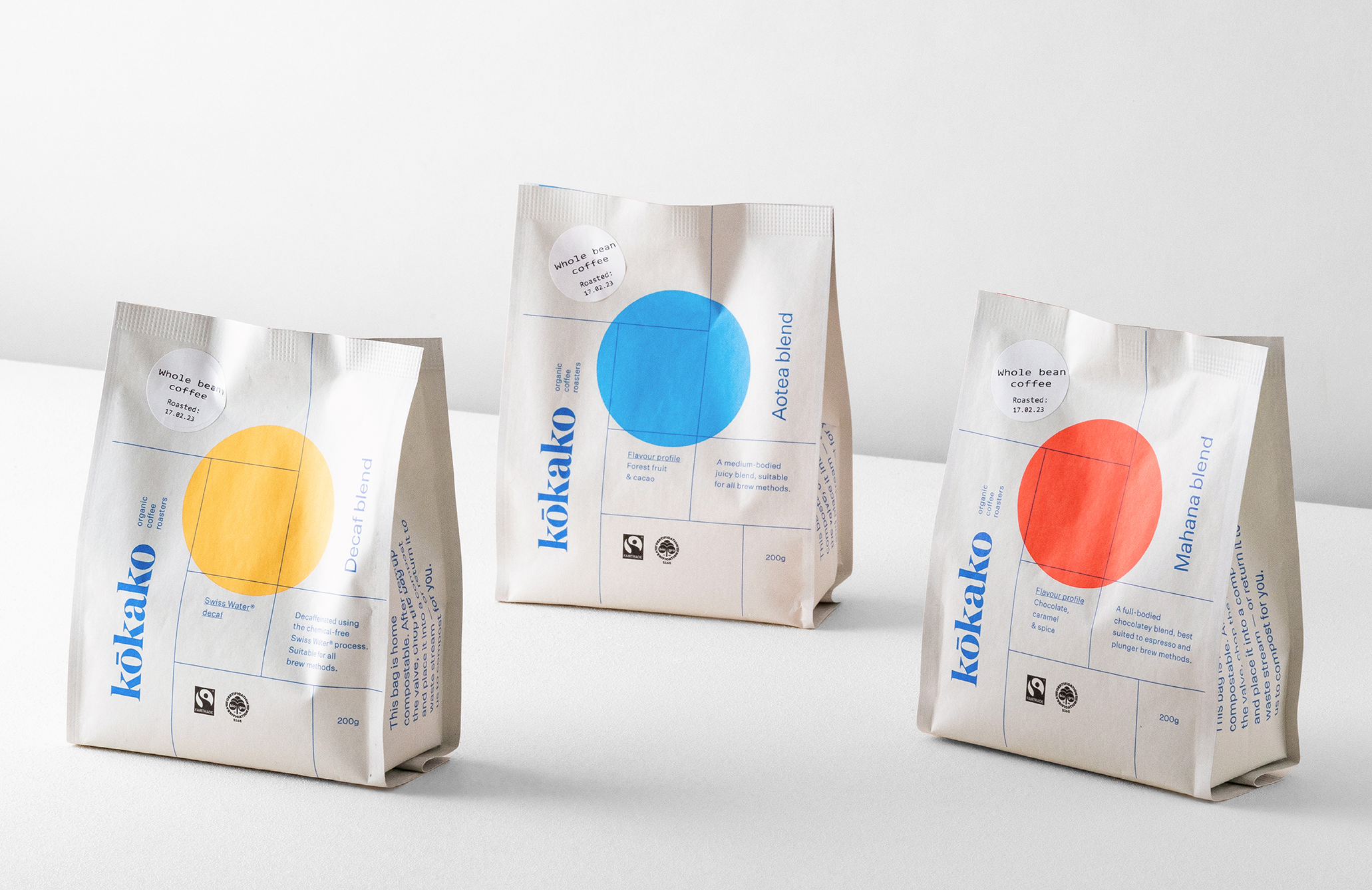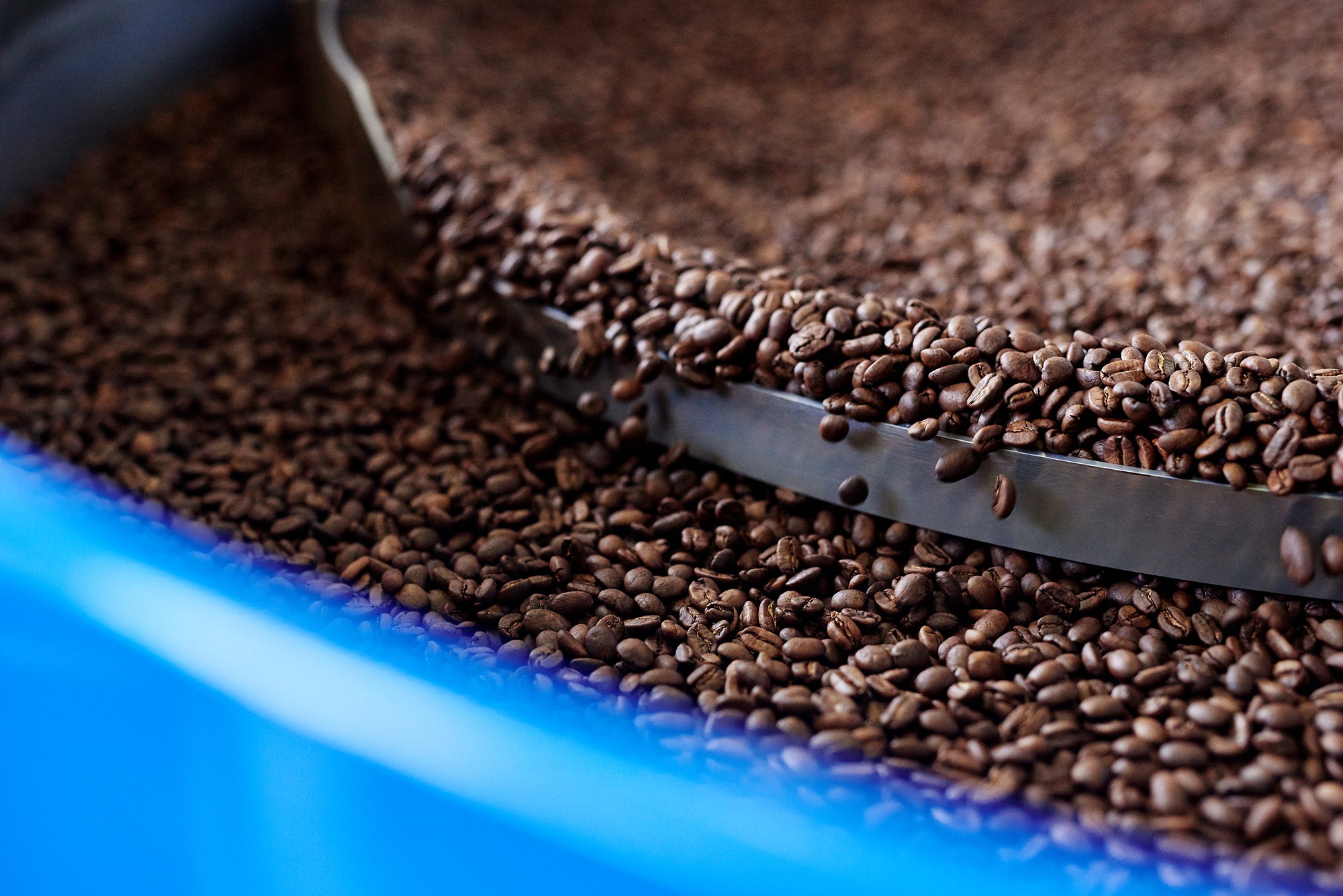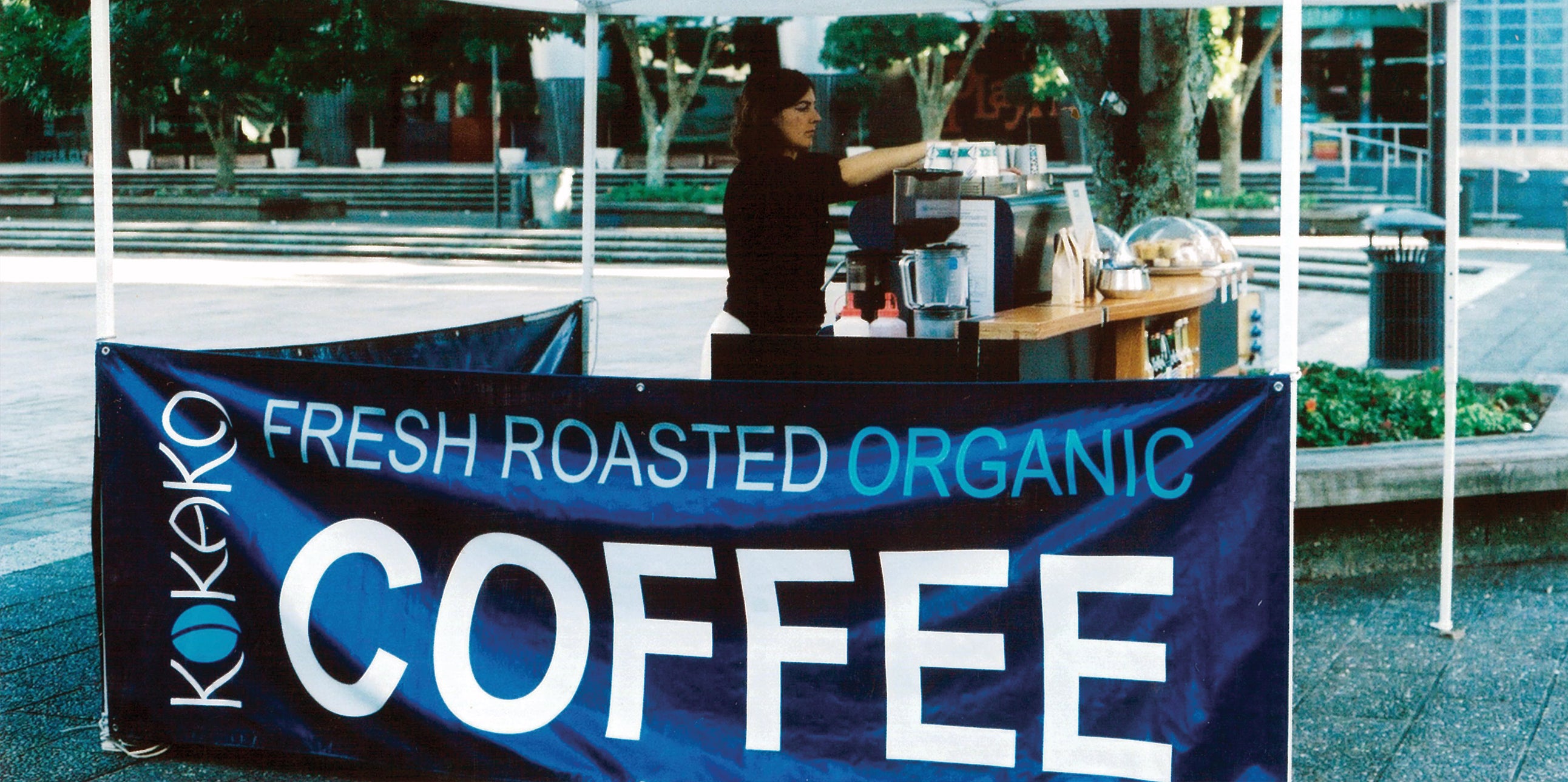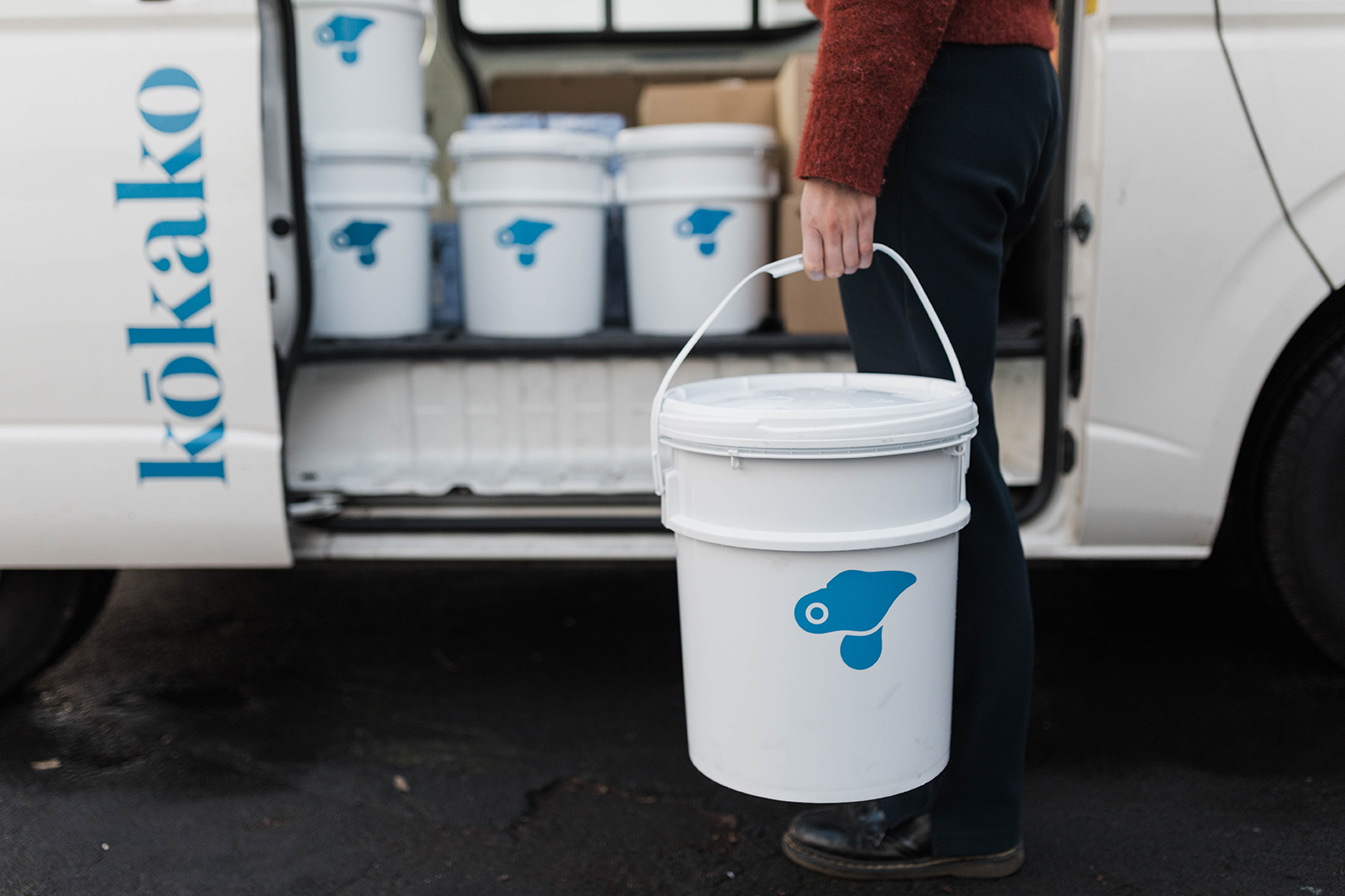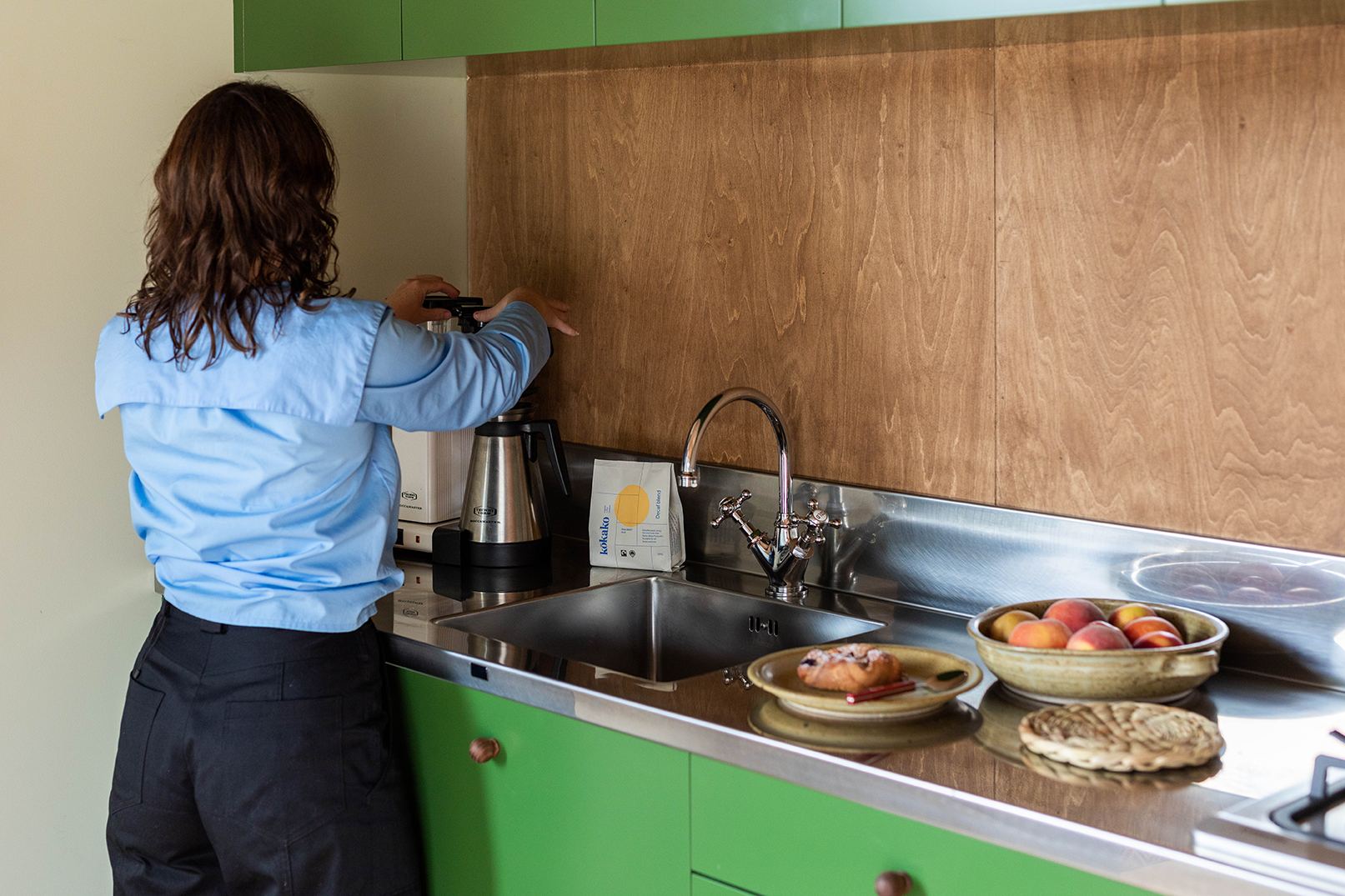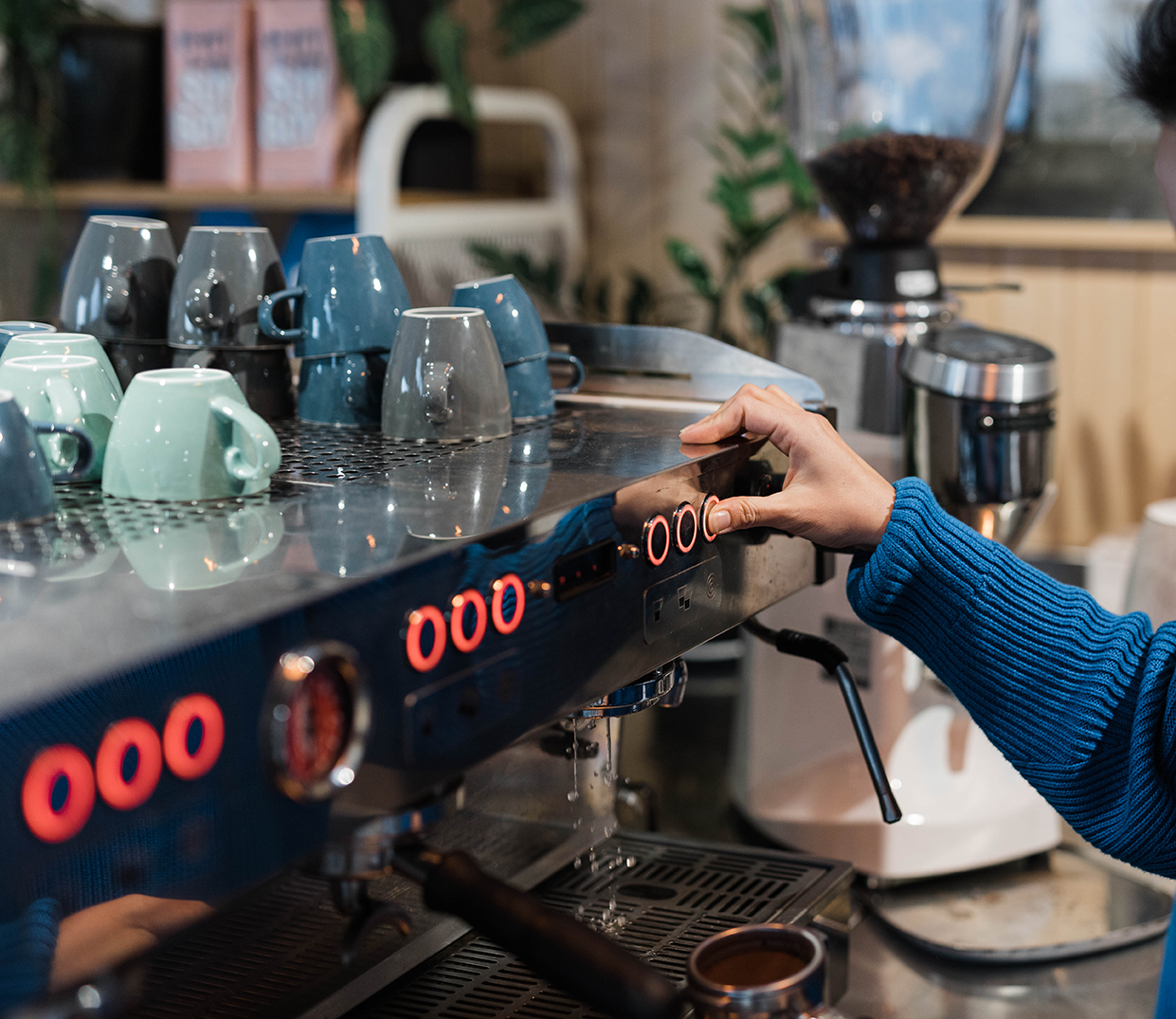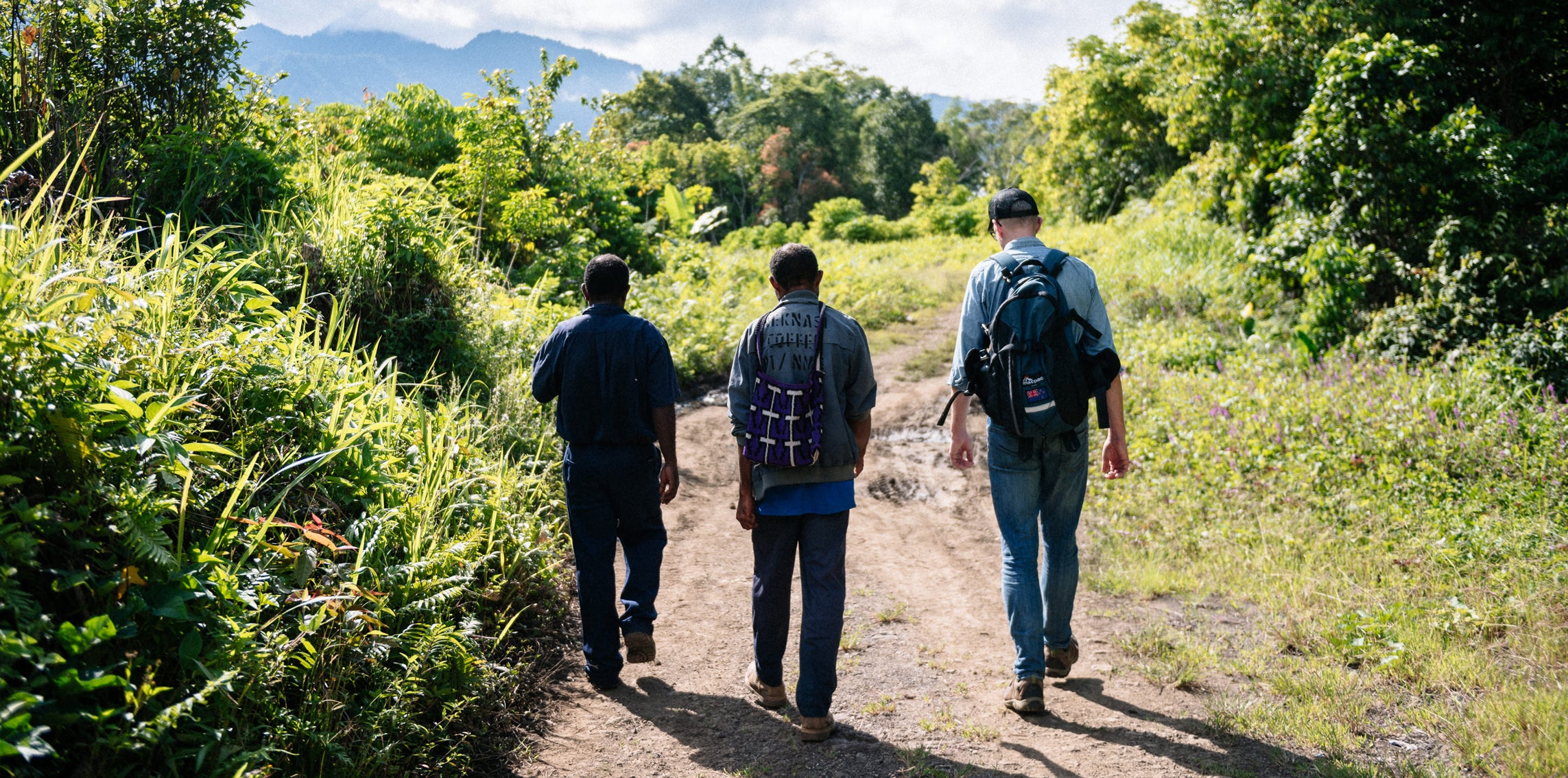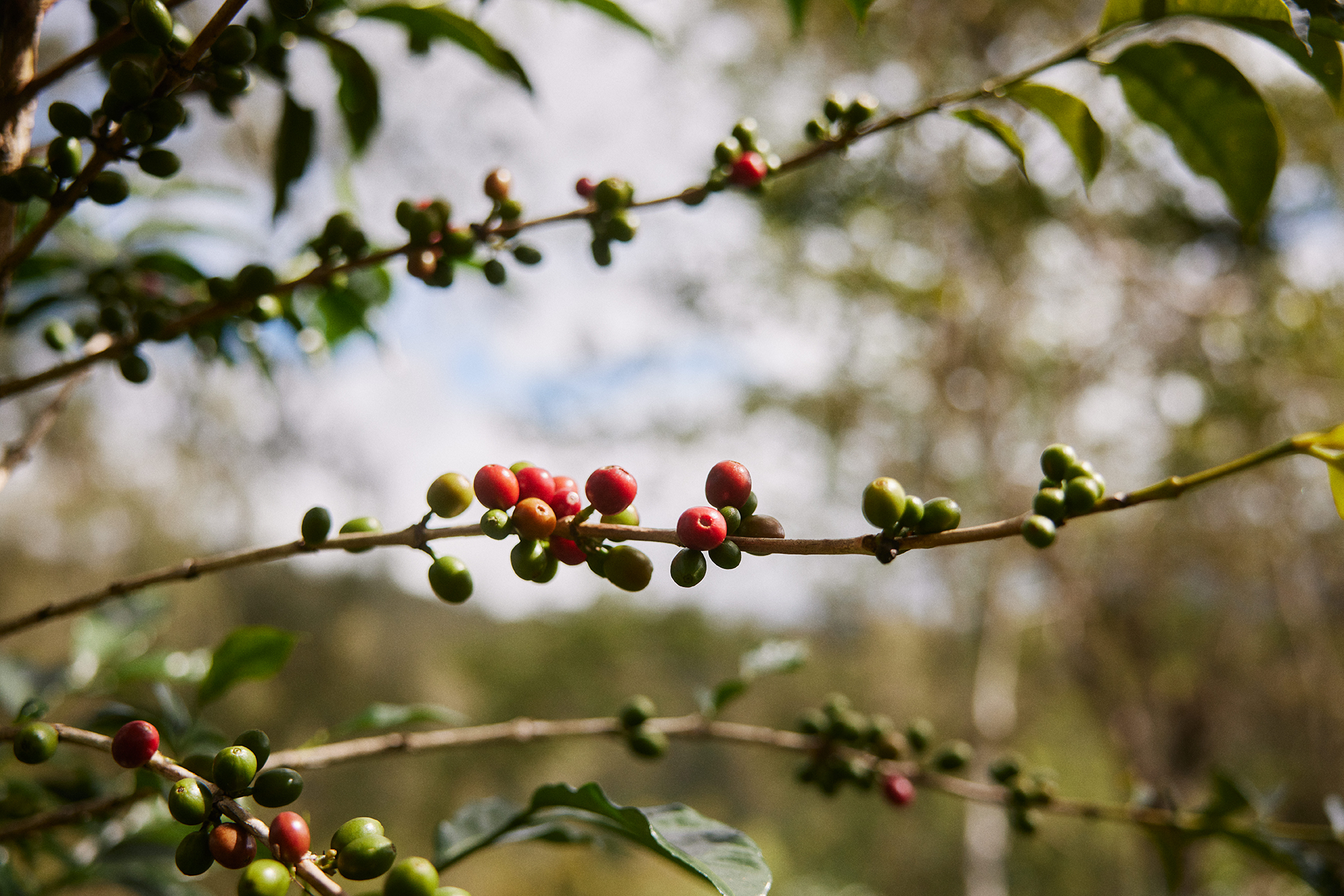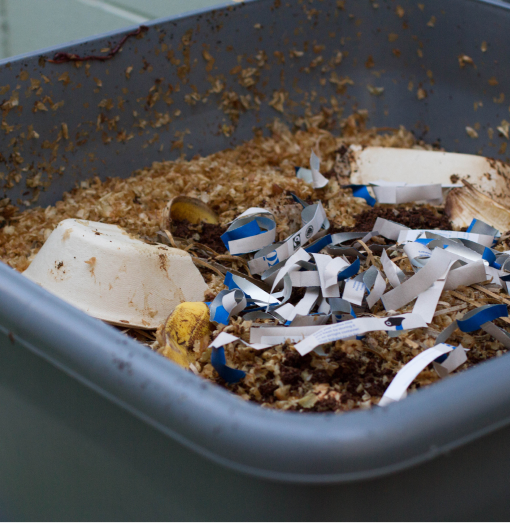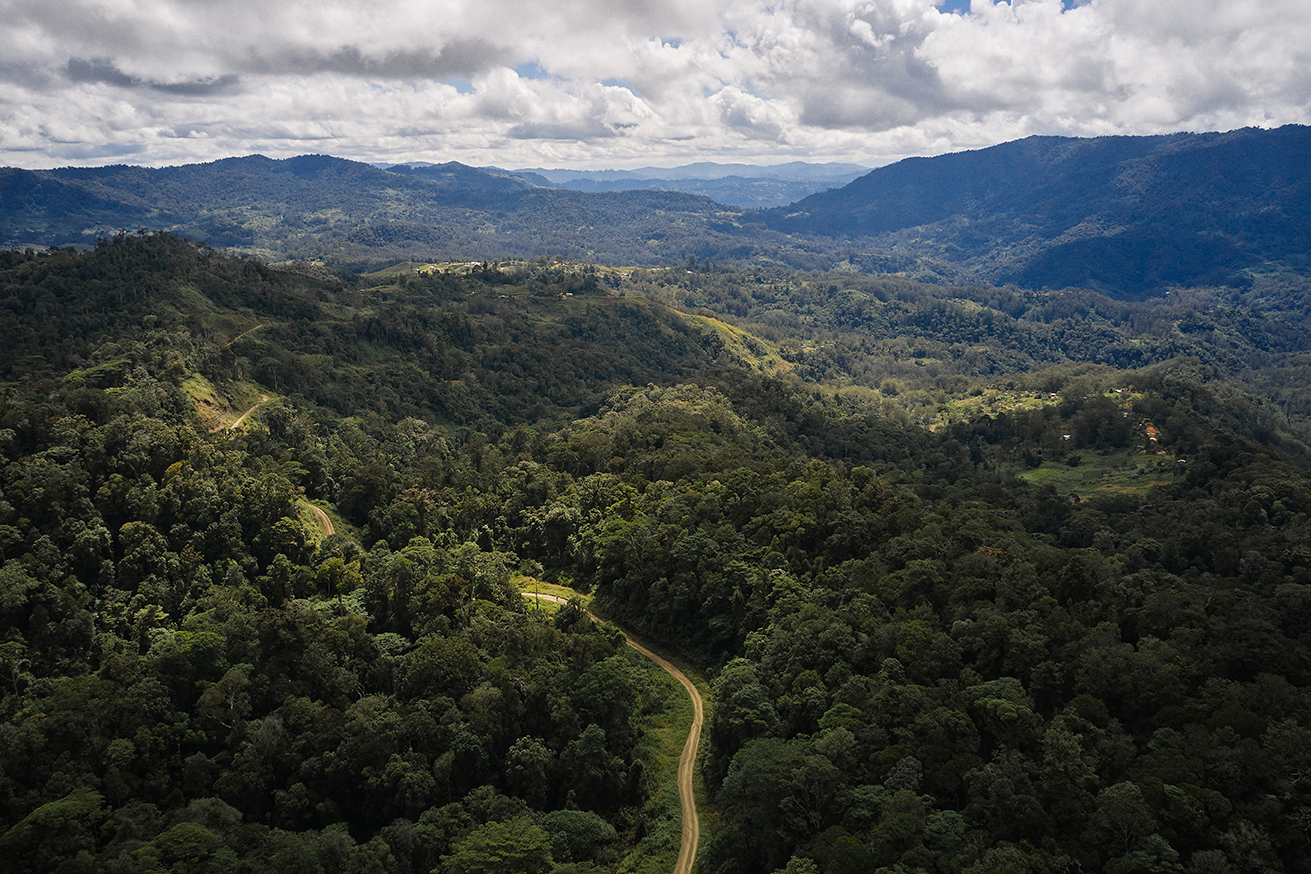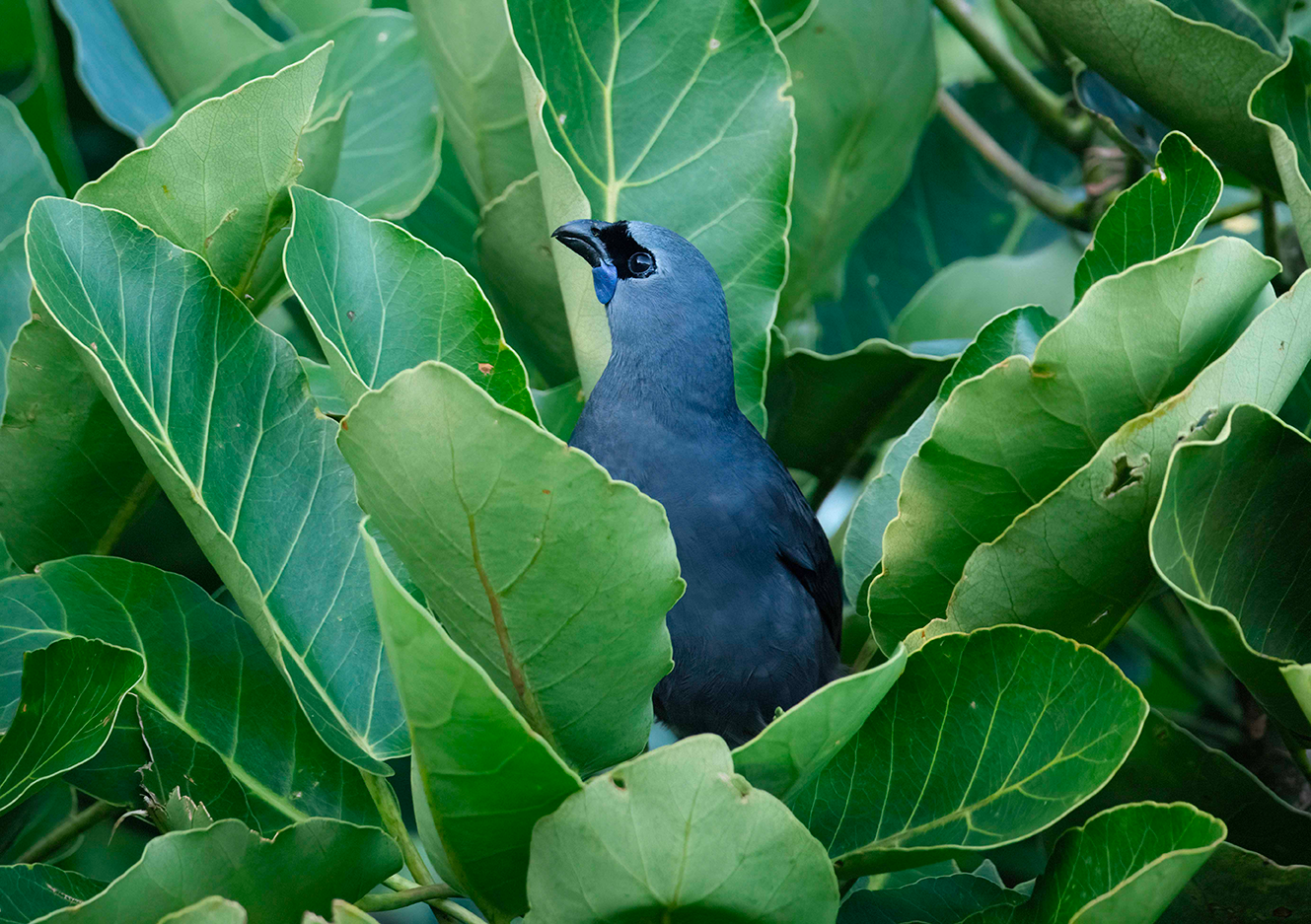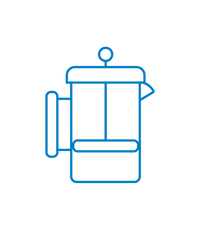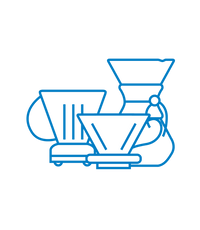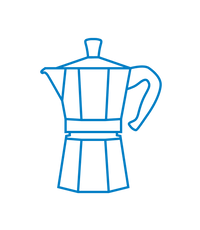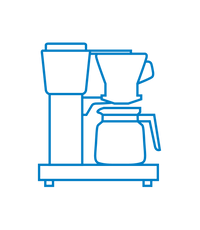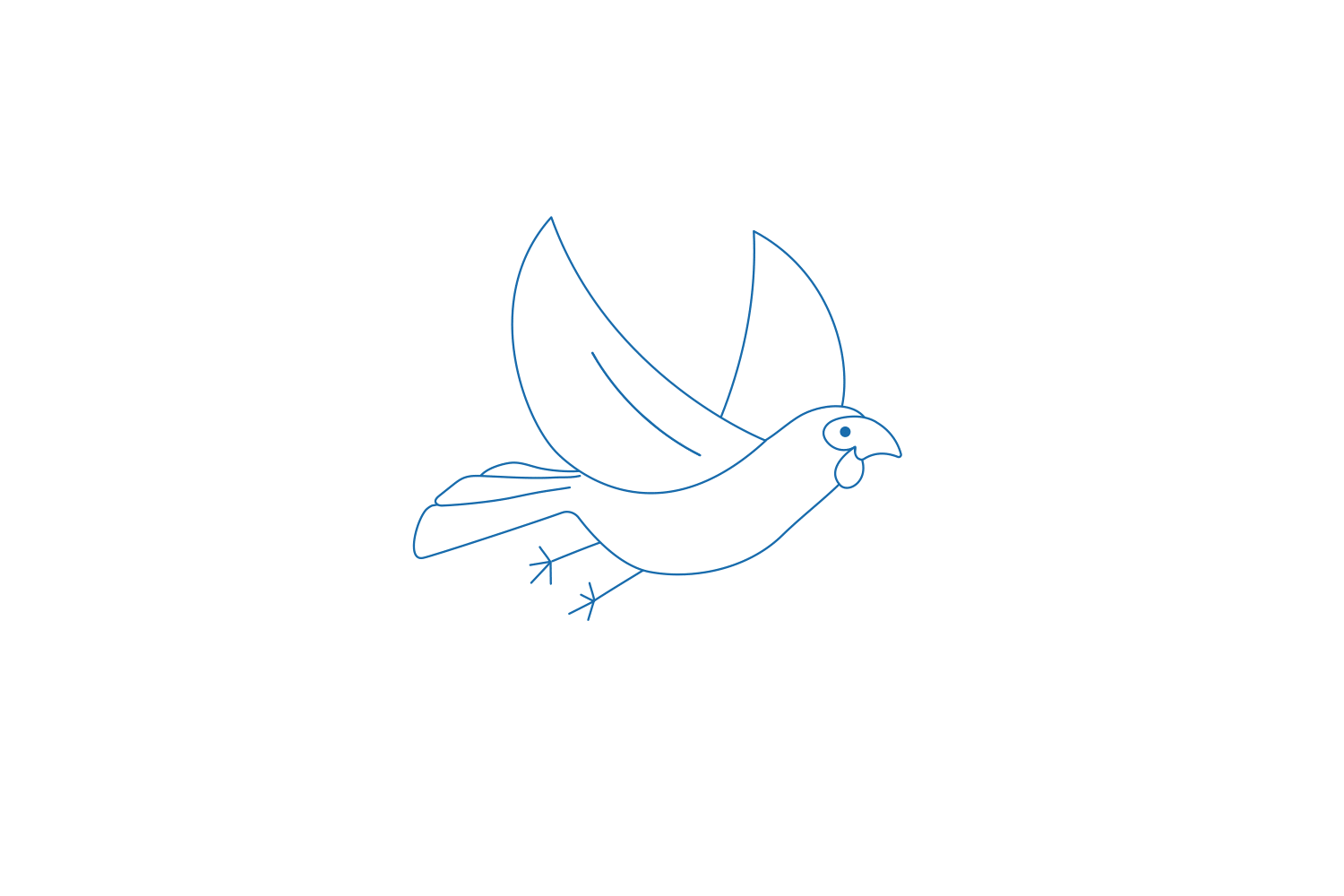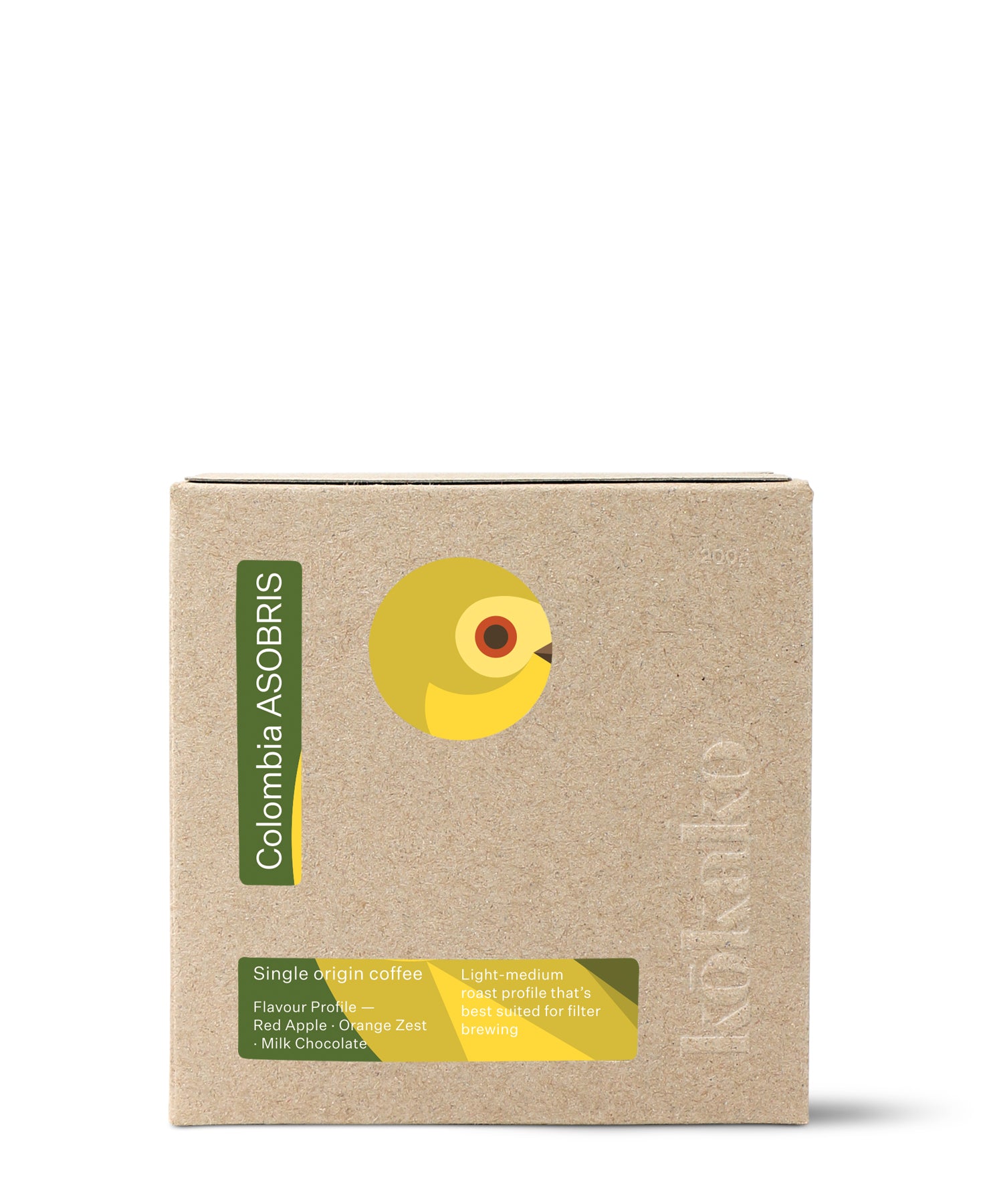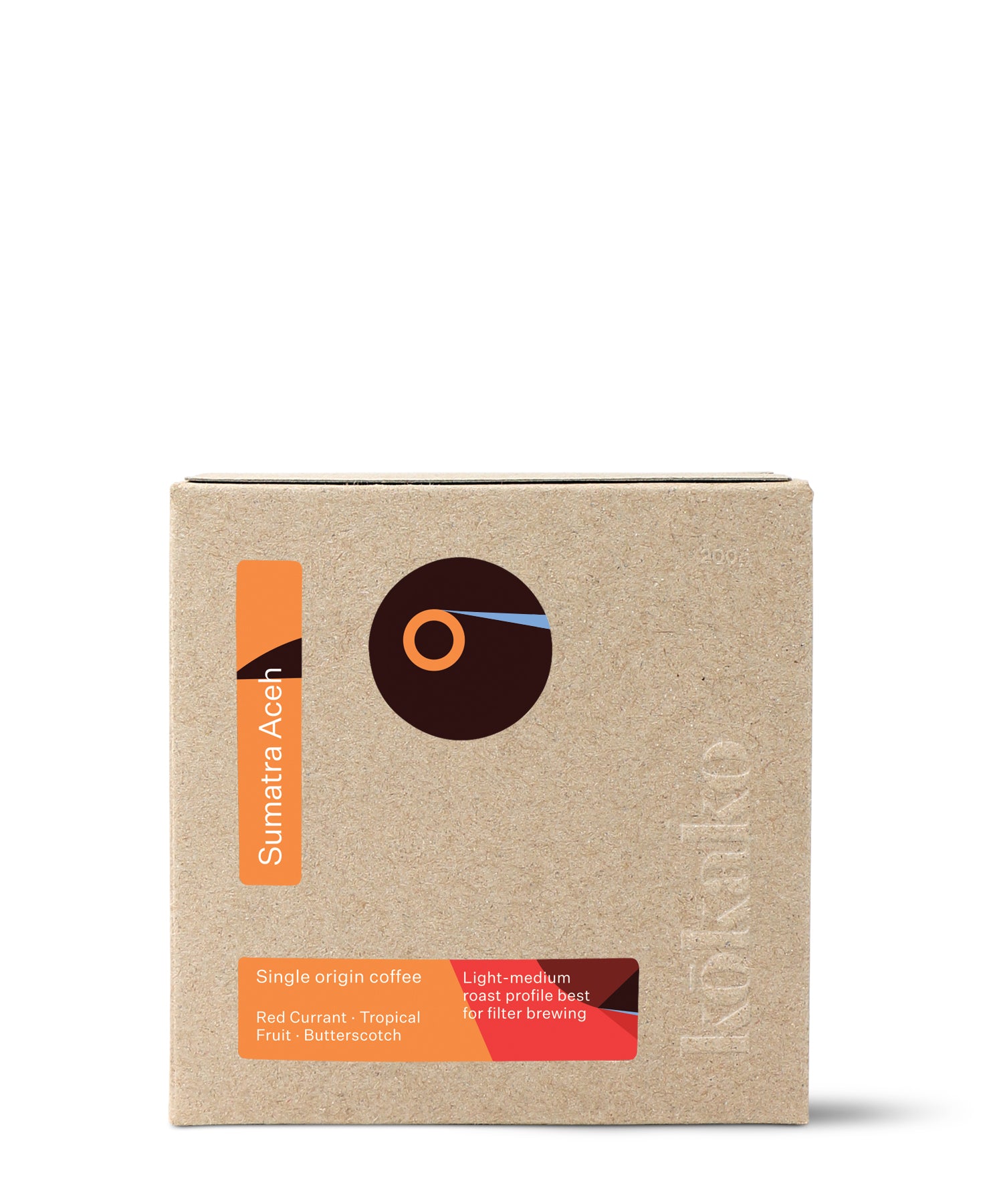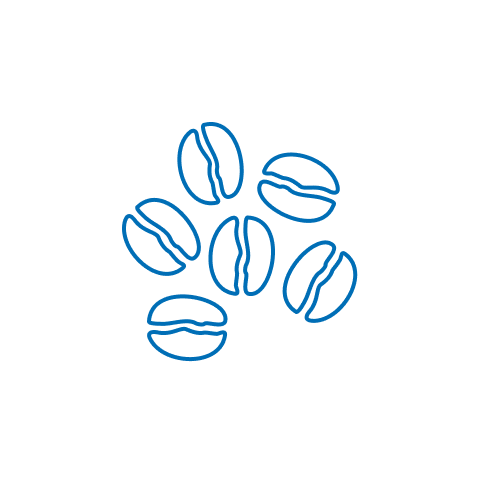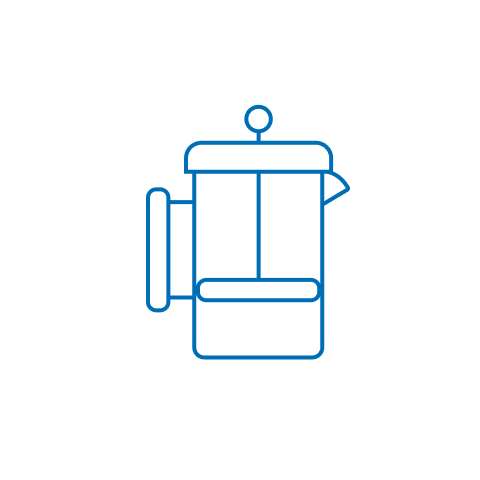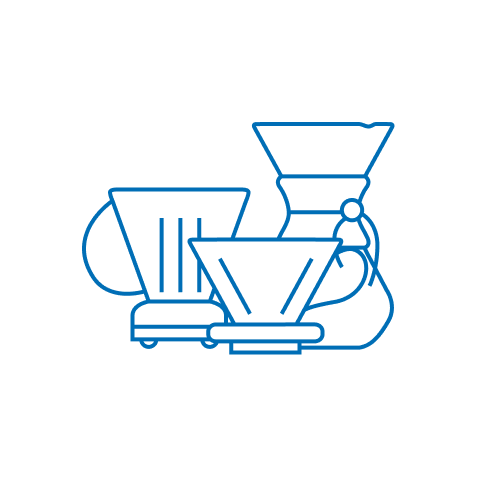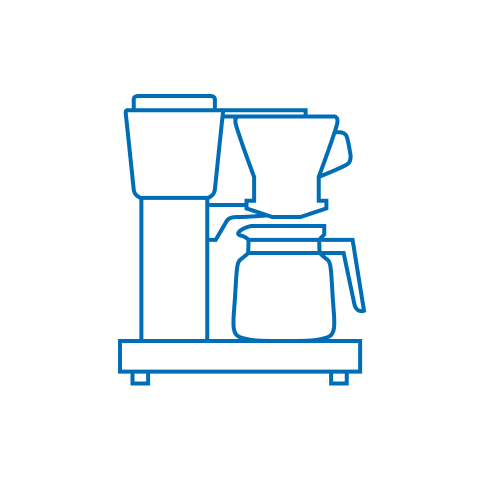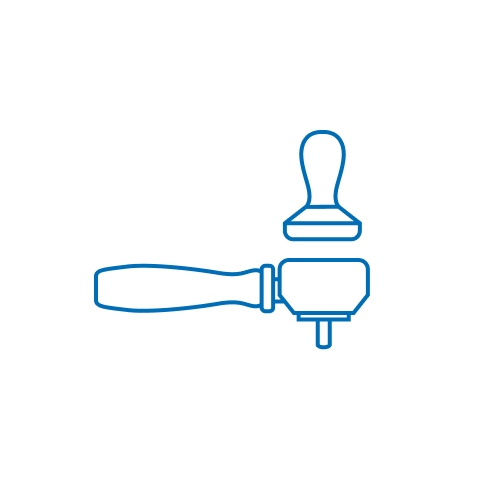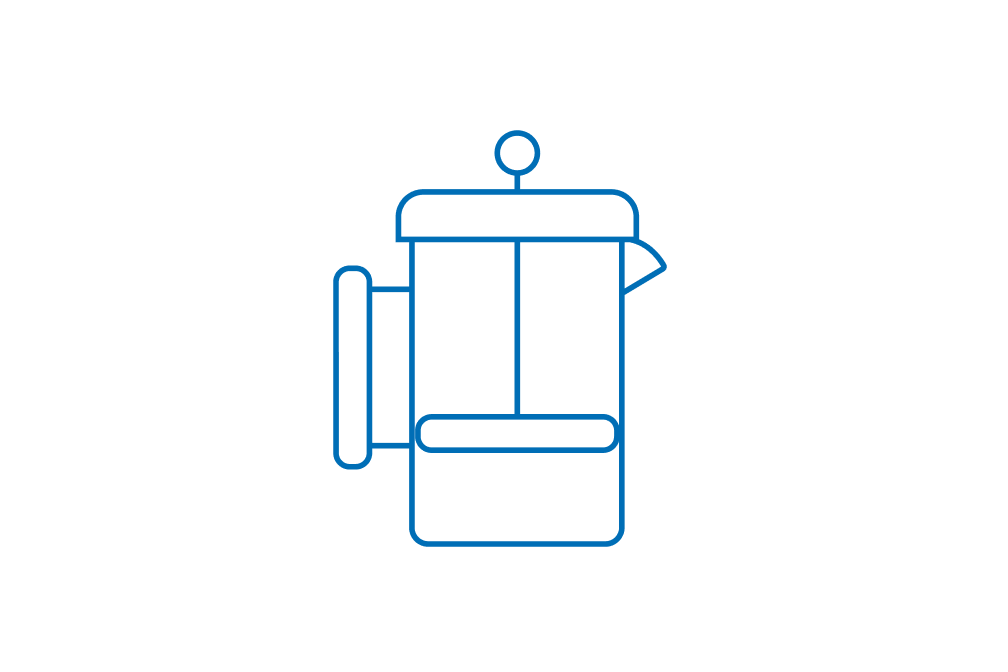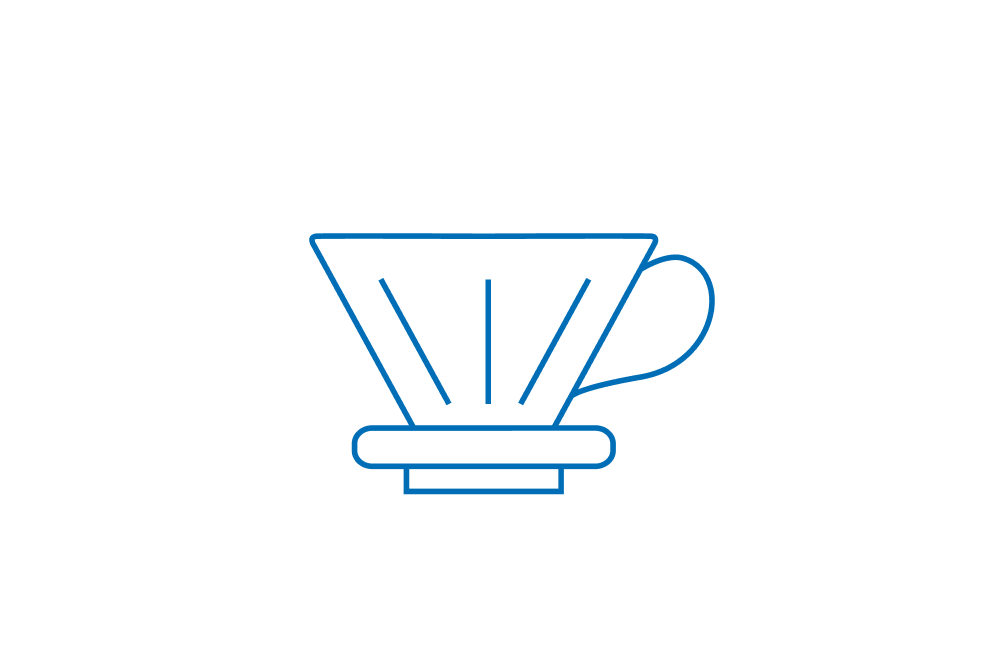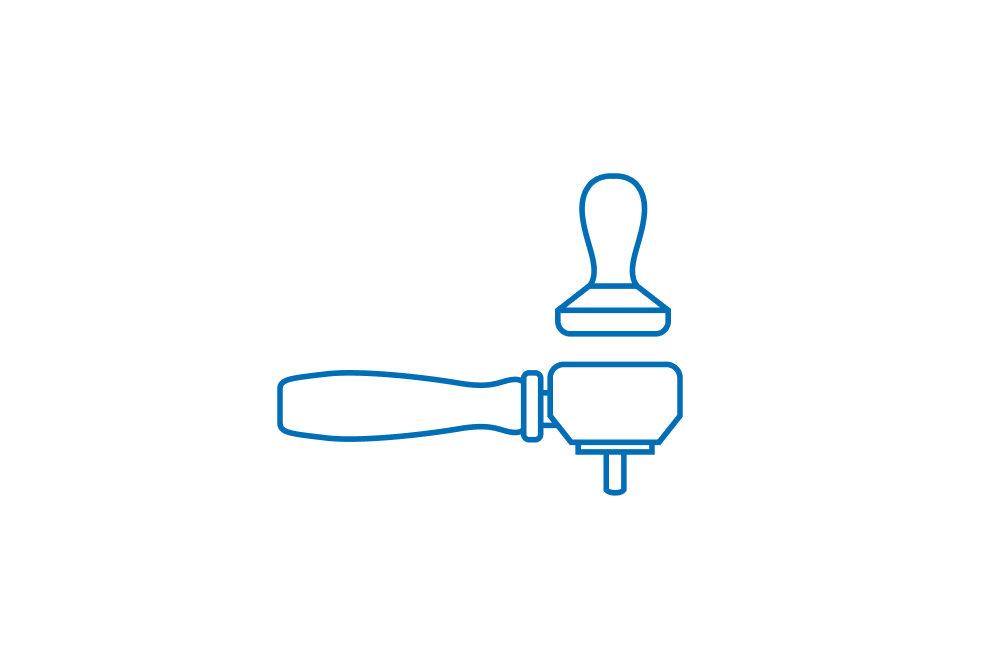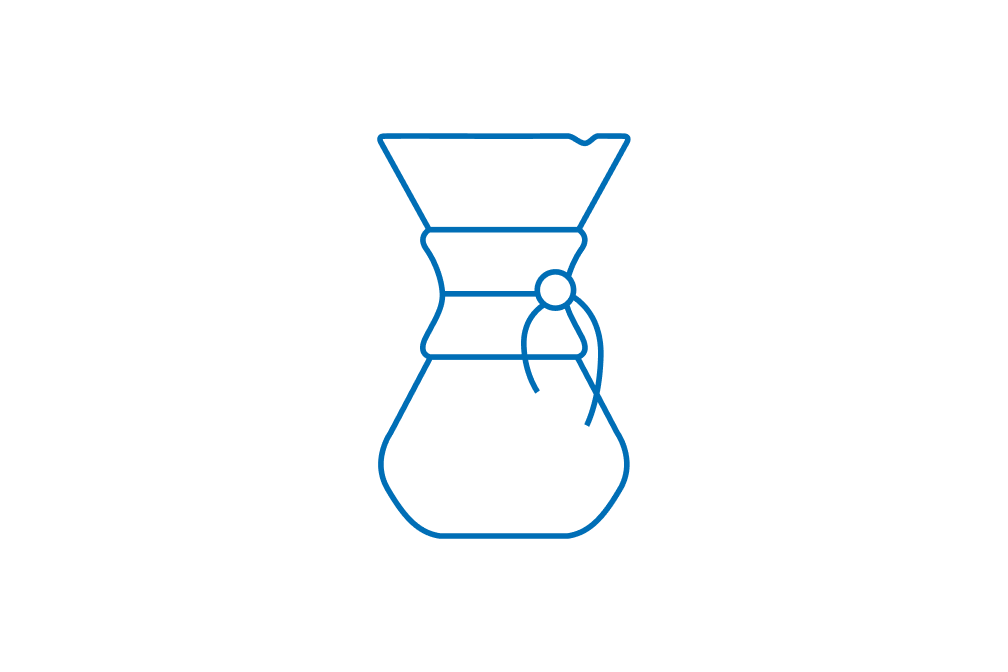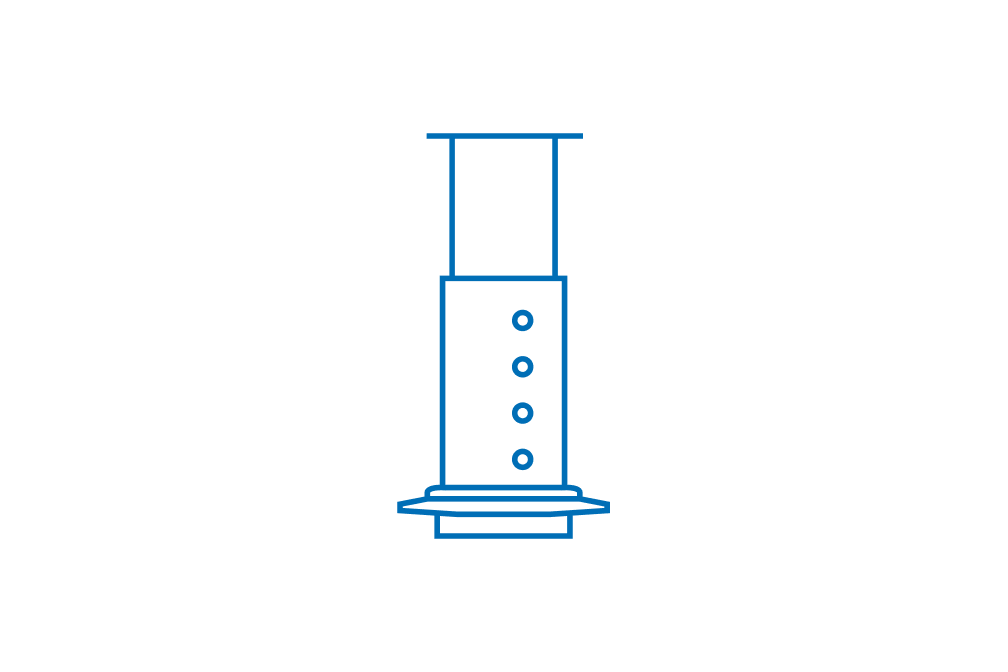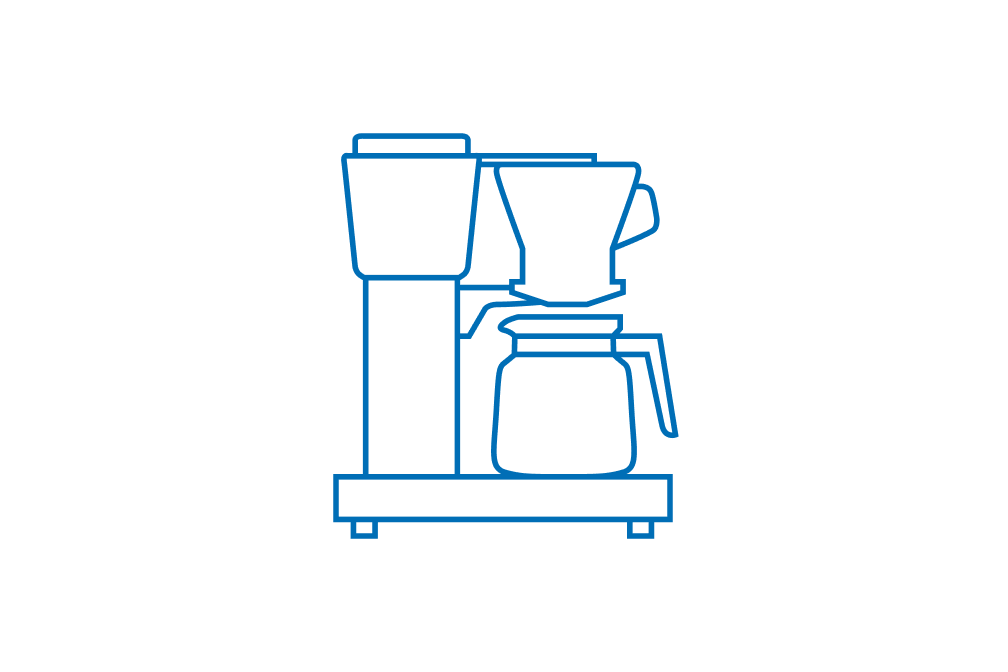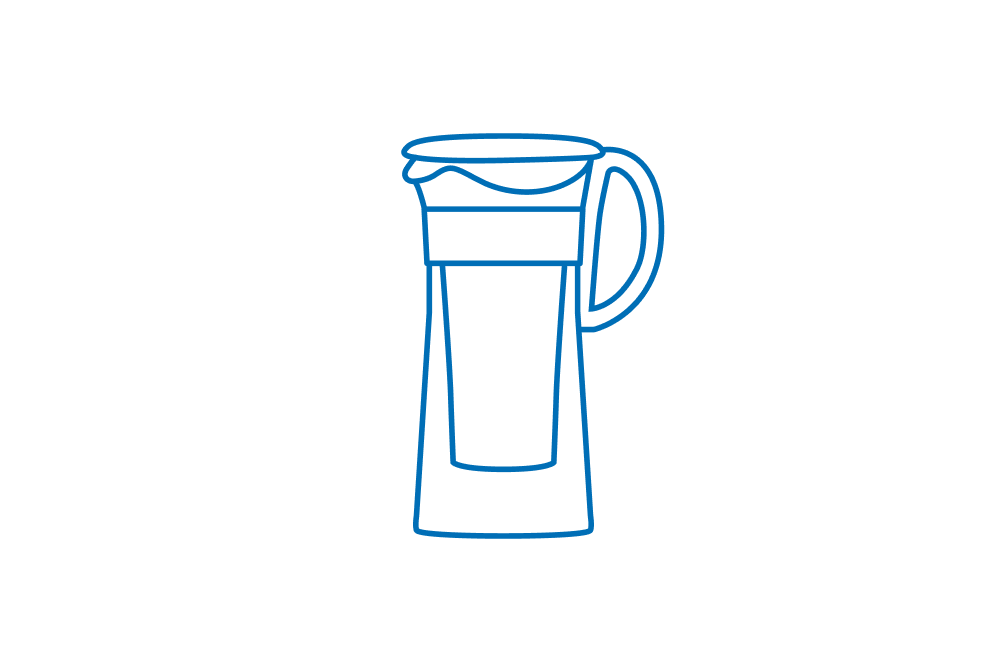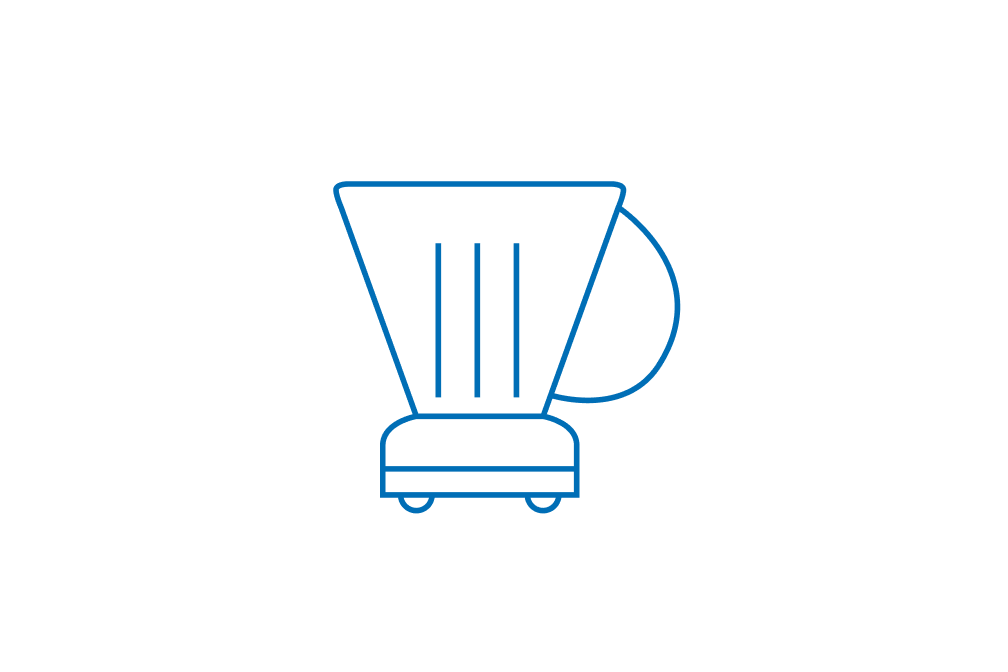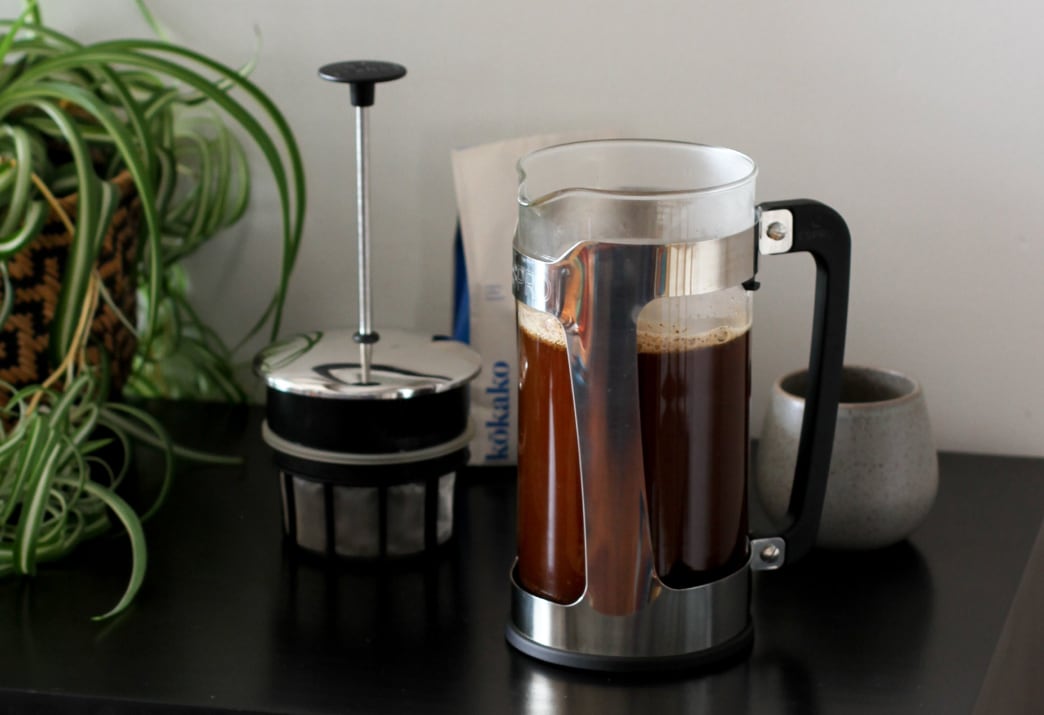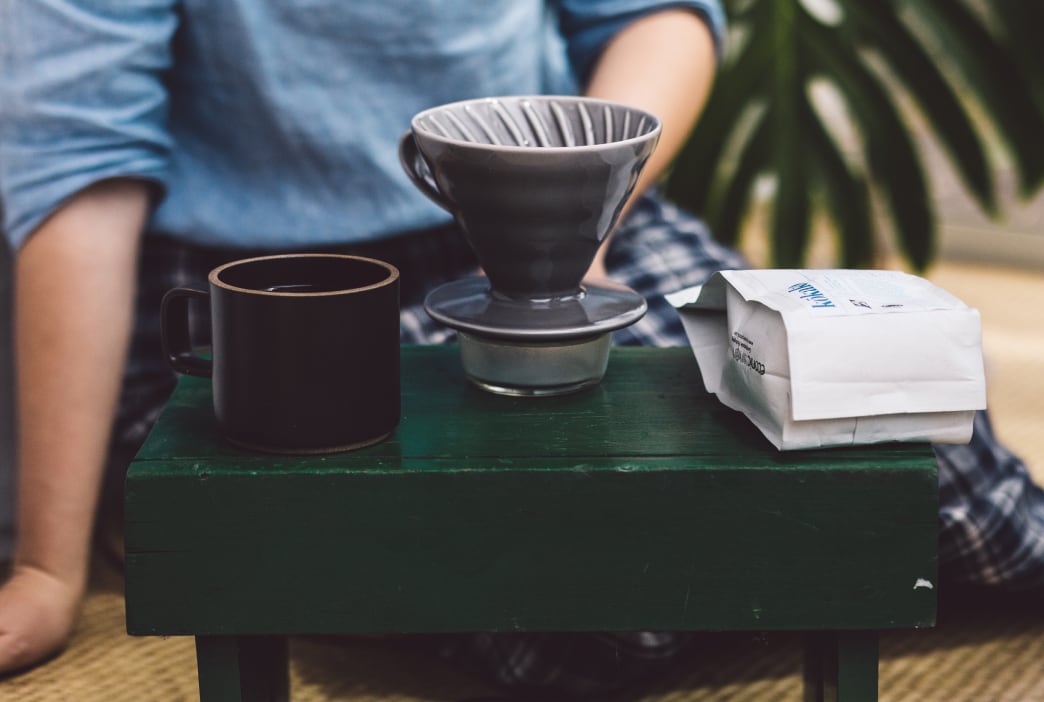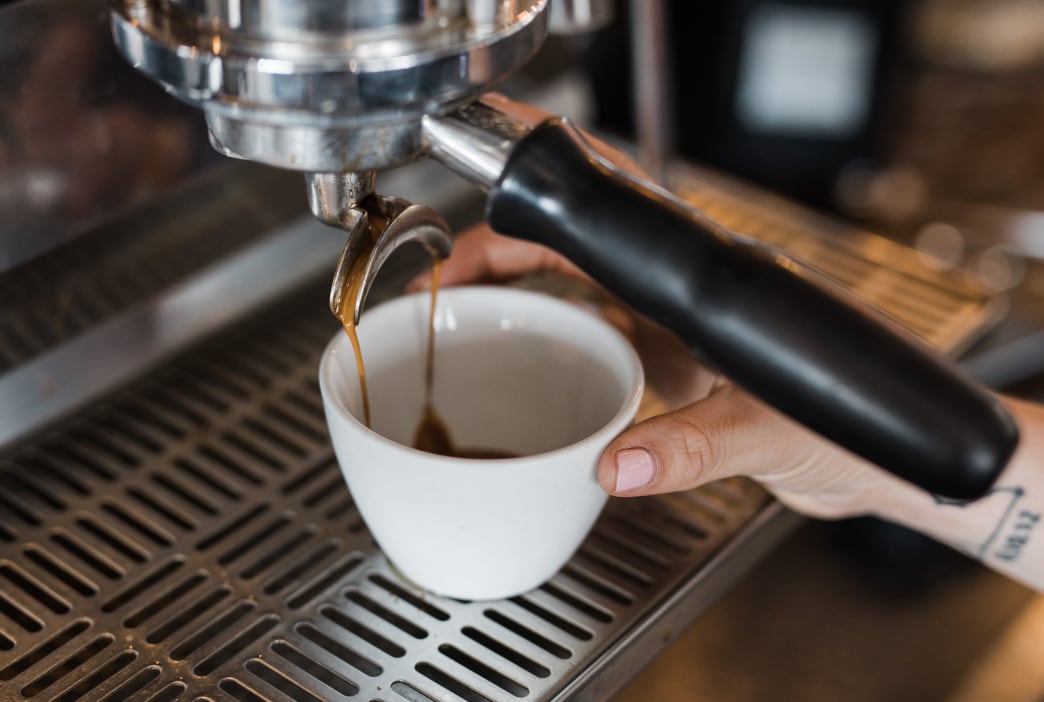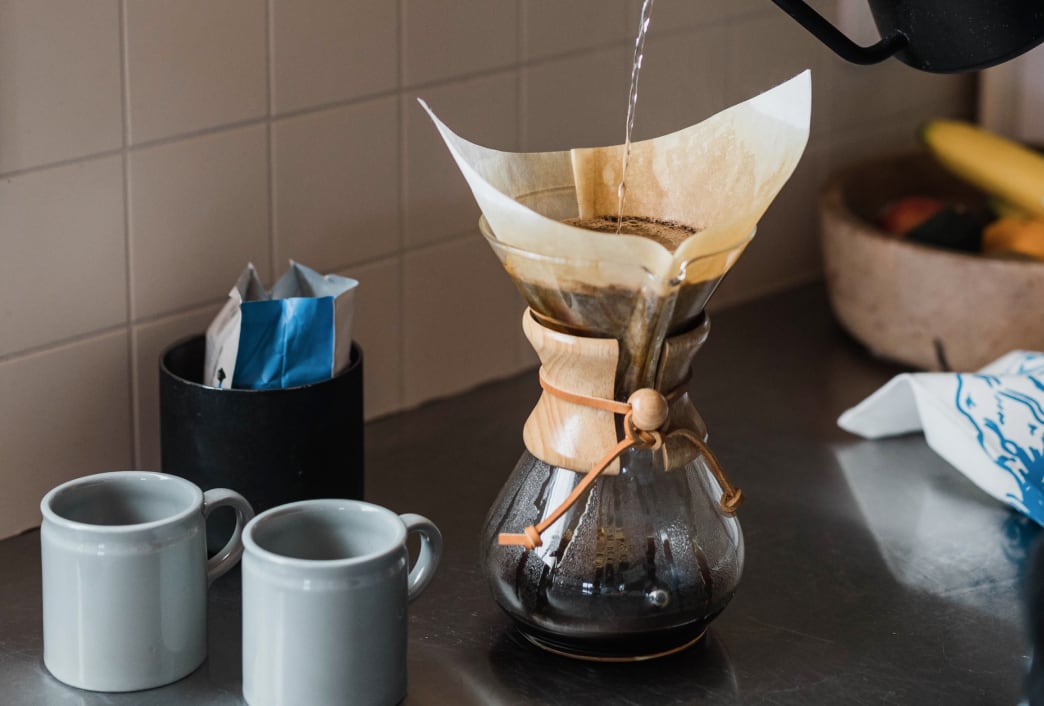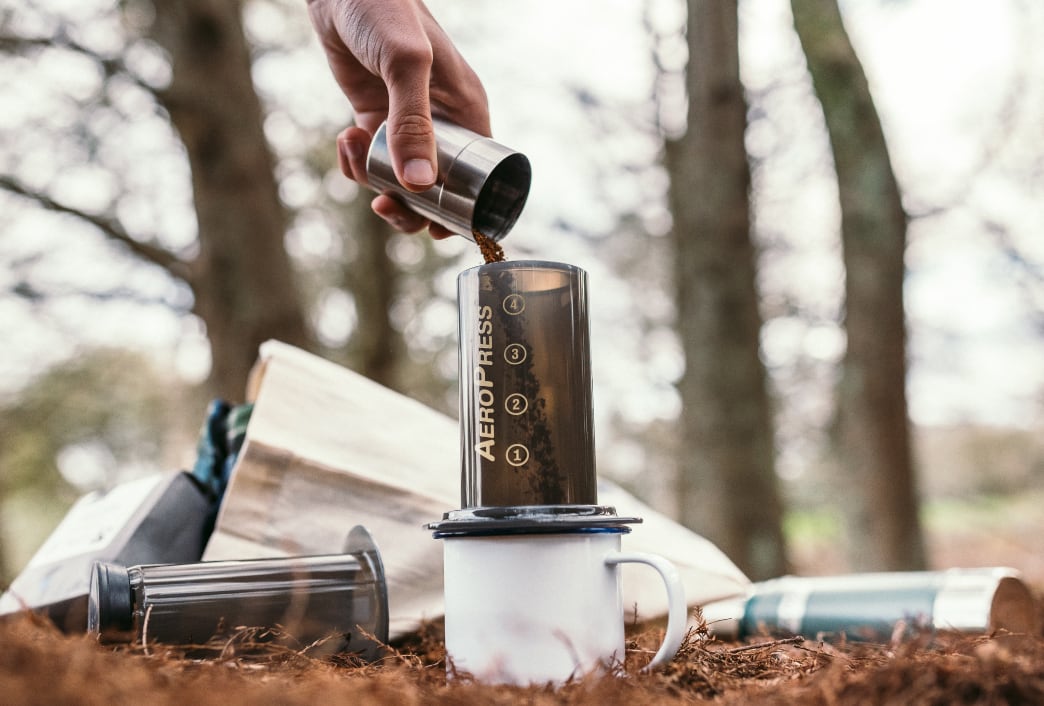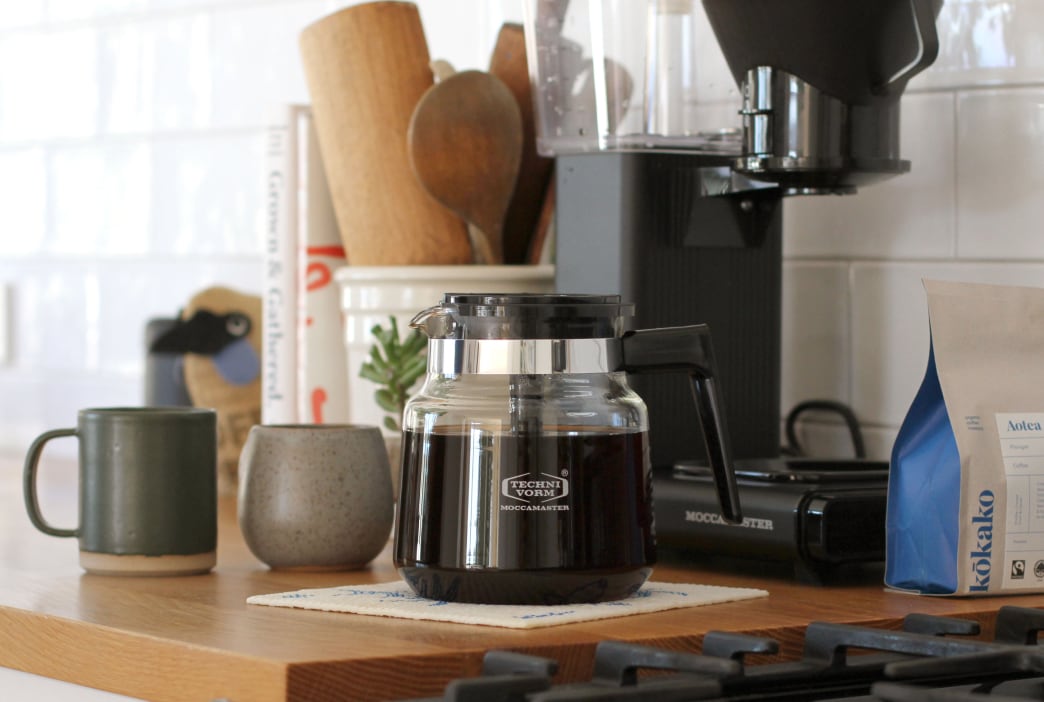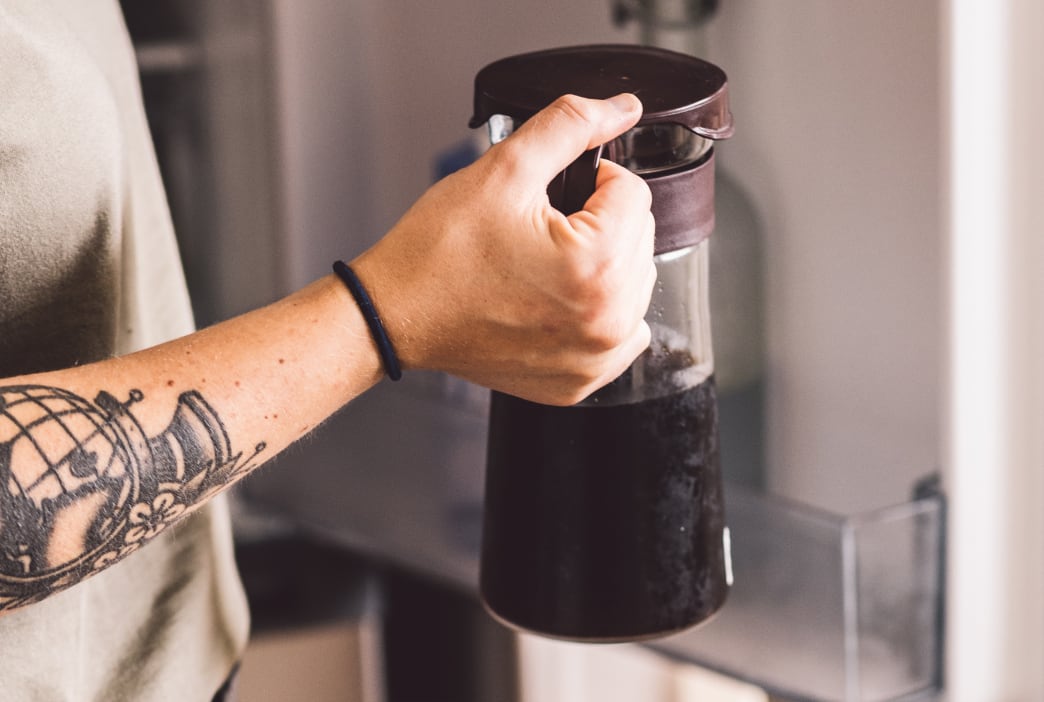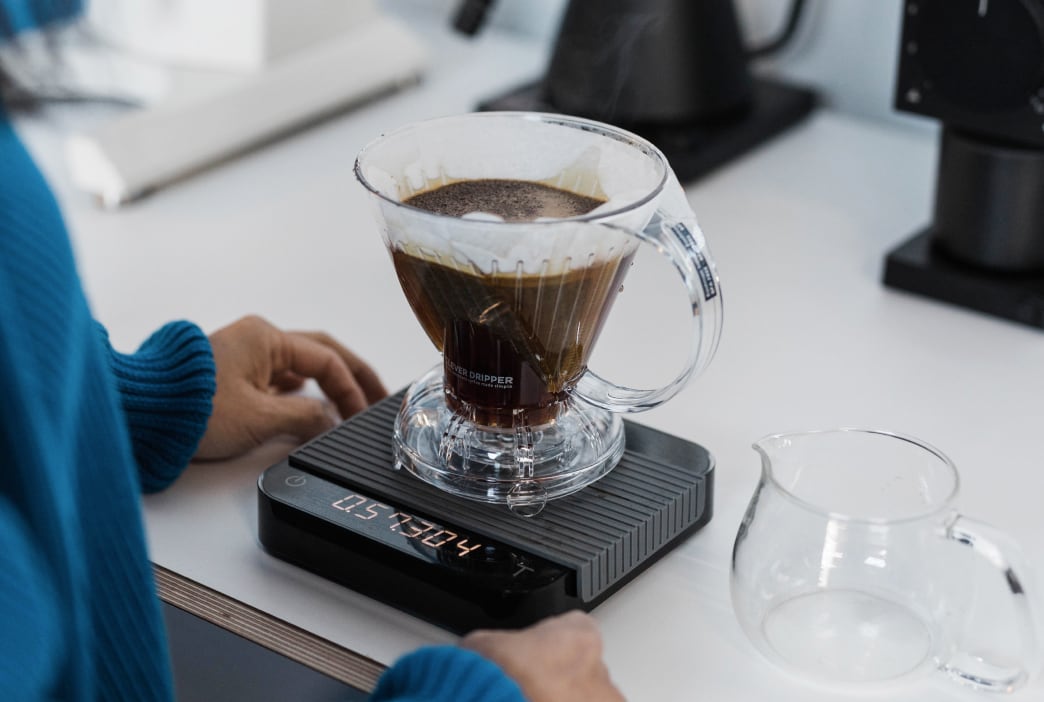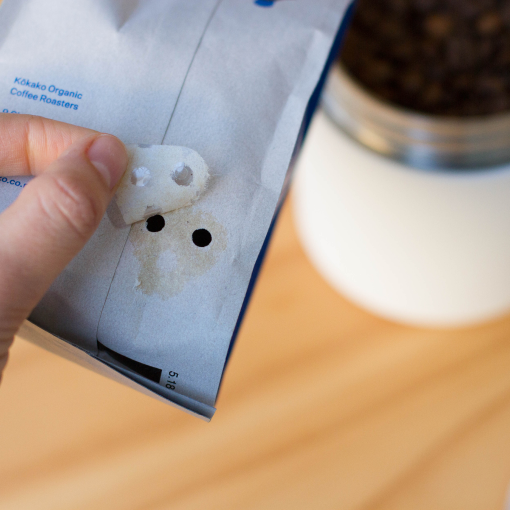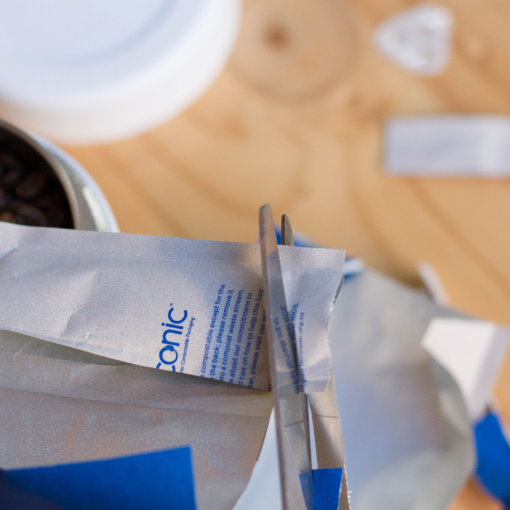August 02, 2021
If there's no honey in honey processed coffee, what's with the name?
If you've made your way here, you might have seen that we've just released a super limited honey process coffee from a small group of farmers in Peru. You're certainly not alone in wanting to know what on earth 'honey' means and why it's worth trying.
All coffee is processed in some way before it is bagged and sent off to roasters around the world. There are lots of different processing methods but the three most common are natural, honey and washed.
To put it simply (even though there's nothing simple about it), a natural process coffee means the coffee cherries have been picked, sorted and dried with the cherry fully intact. In both honey and washed coffee, the cherries are picked, sorted and de-pulped (passed through a pulper that splits the skin and uses centrifugal force to force extract the coffee beans).
The next part is what differentiates the two methods—a 'washed coffee' is immediately washed, removing all the sticky mucilage leftover from the cherry. In the honey process that stickiness is left on. The mucilage looks a bit like honey, so that's where the name comes from.

Honey processing originates from Central and South America. It is thought to be one of the hardest and most demanding methods because the beans need to be turned so frequently while they dry (in some cases hourly). The whole process can take anywhere from 24 hours to two weeks, depending on the climate. Intense supervision is required to prevent the beans from rotting and fermenting. Even though it is labour intensive, this method does have a major benefit for the farmers—it uses less water (a lot less water), something that is getting harder and harder to come by in some regions of the world.
Once the moisture content in the beans is down to the desired percentage, machines are used to remove the remaining layers of mucilage and parchment from the beans before they're bagged for export.

All the different processing techniques create unique flavour profiles in the beans. In the case of our Peru Honey, the process has produced a sweet bodied coffee with notes of baked apricot, vanilla biscuit and passionfruit. It has a stone fruit acidity and creamy mouthfeel. Yum. Head this way to try a bag at home.
Share
Back to articles



